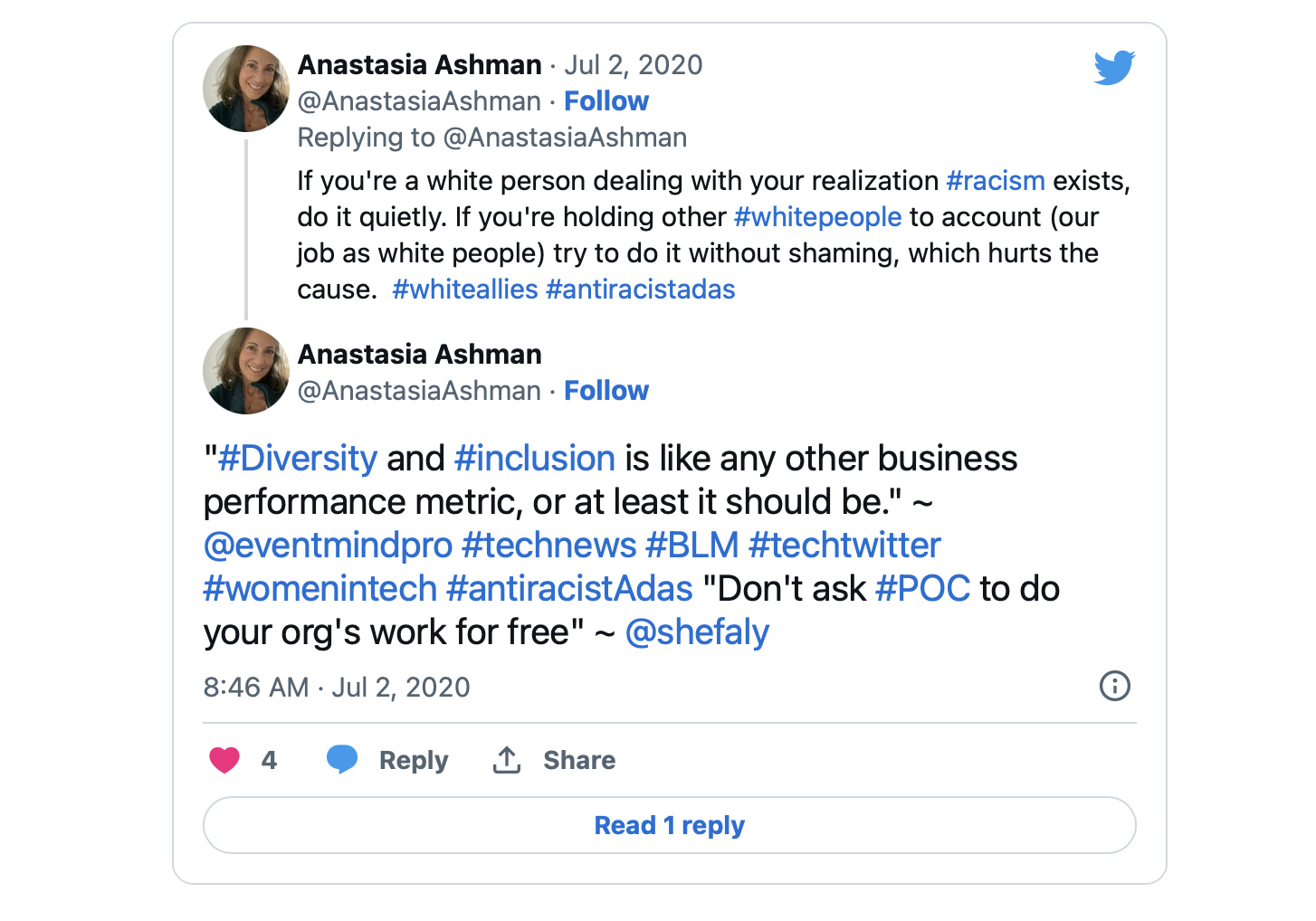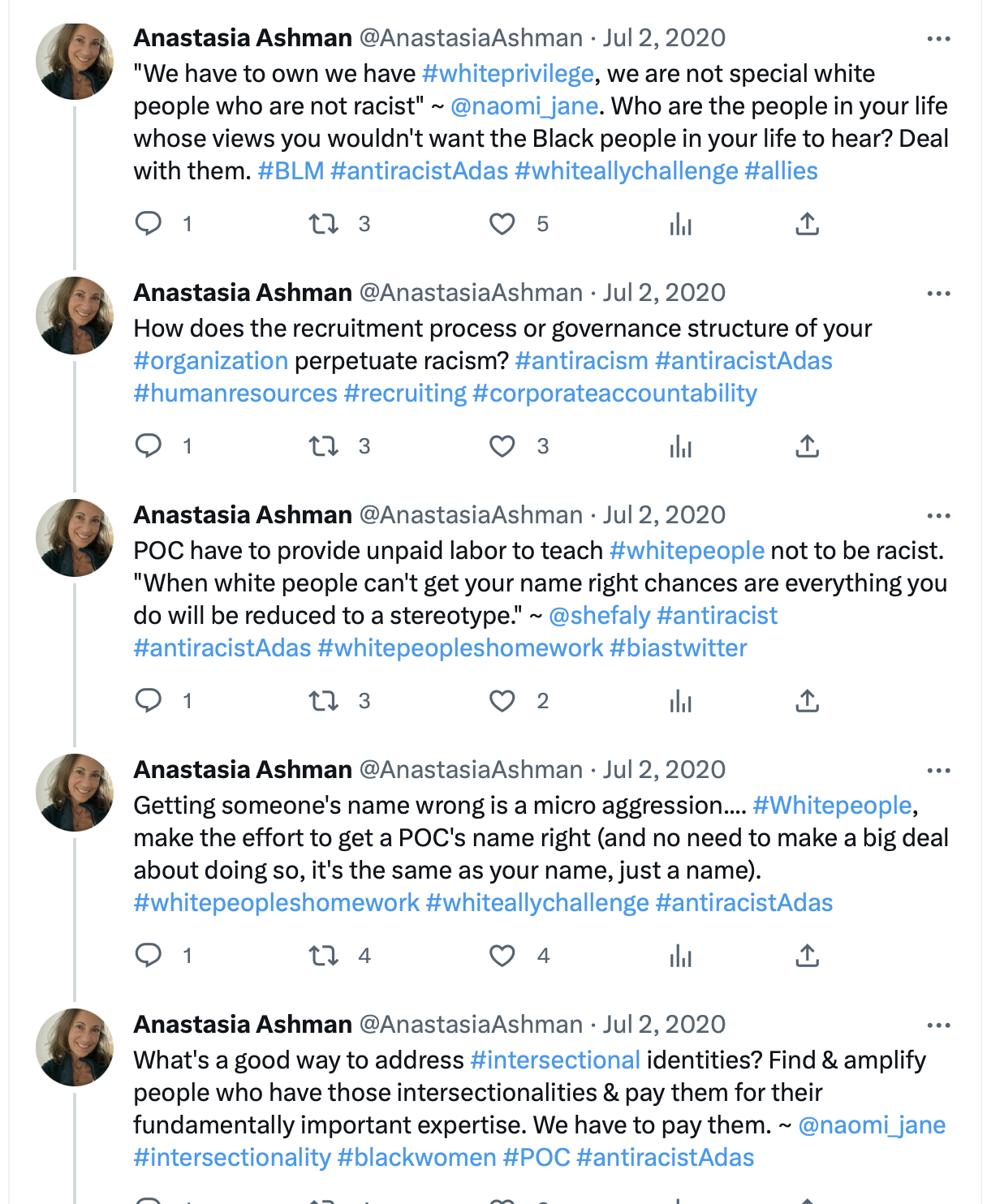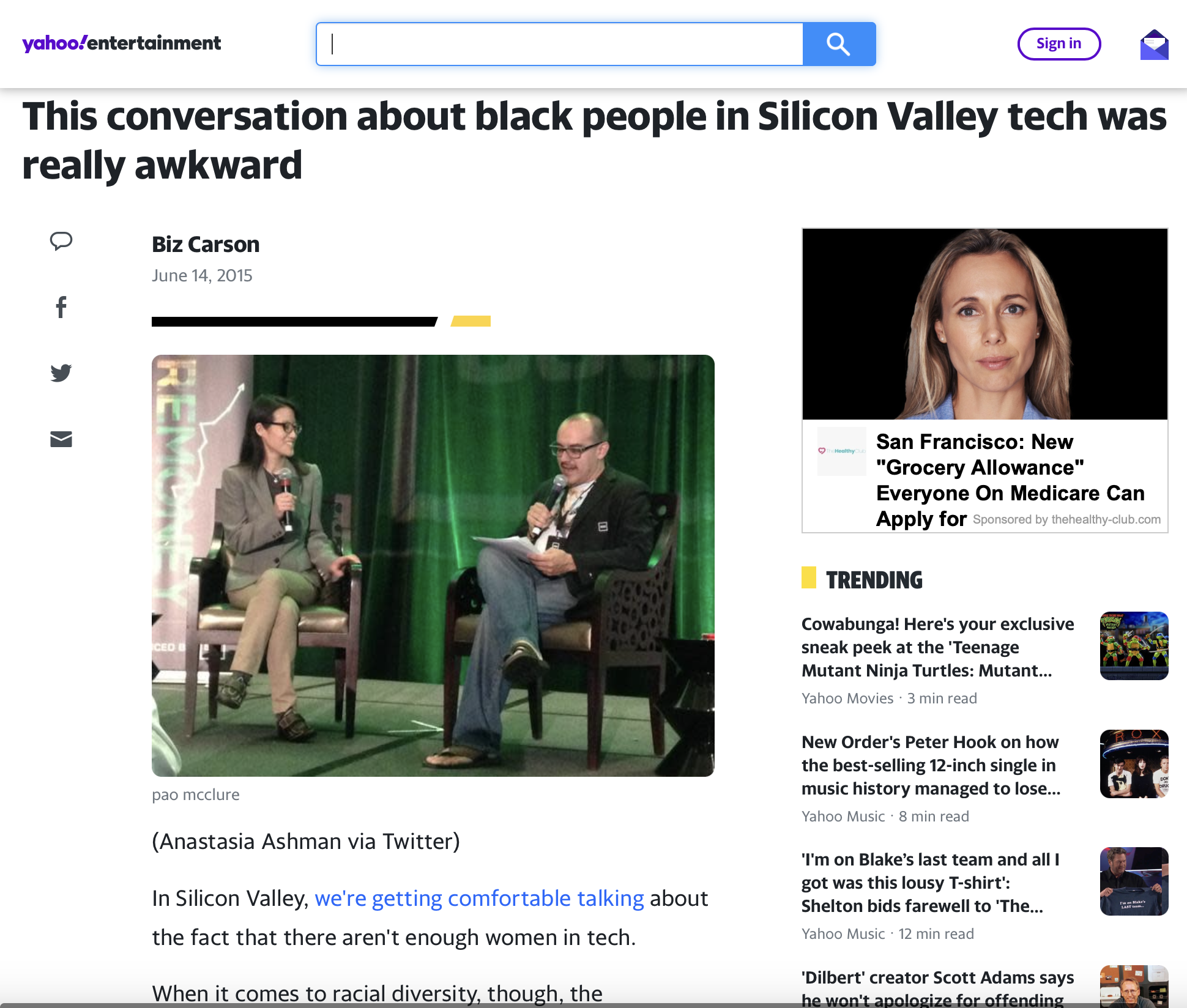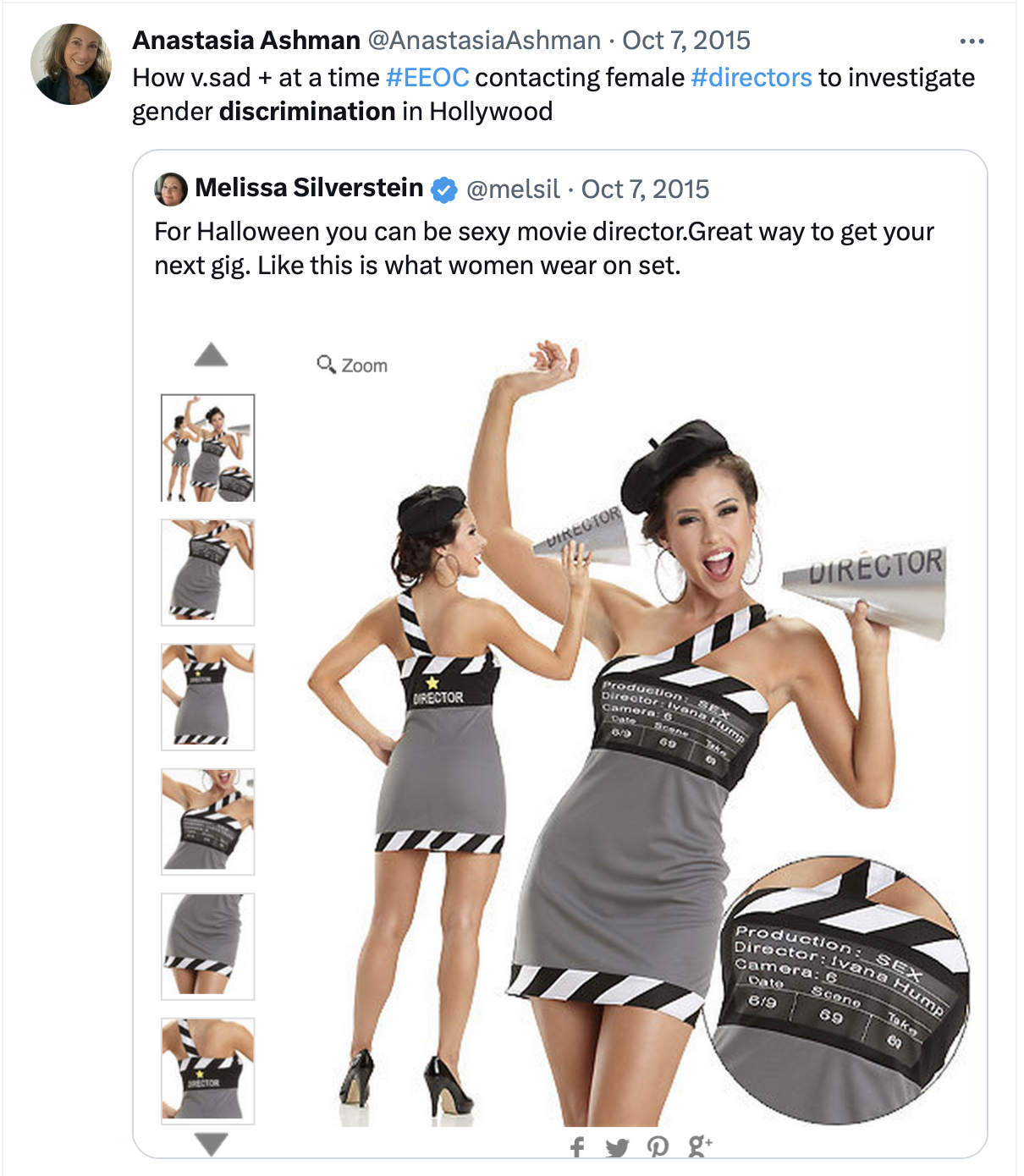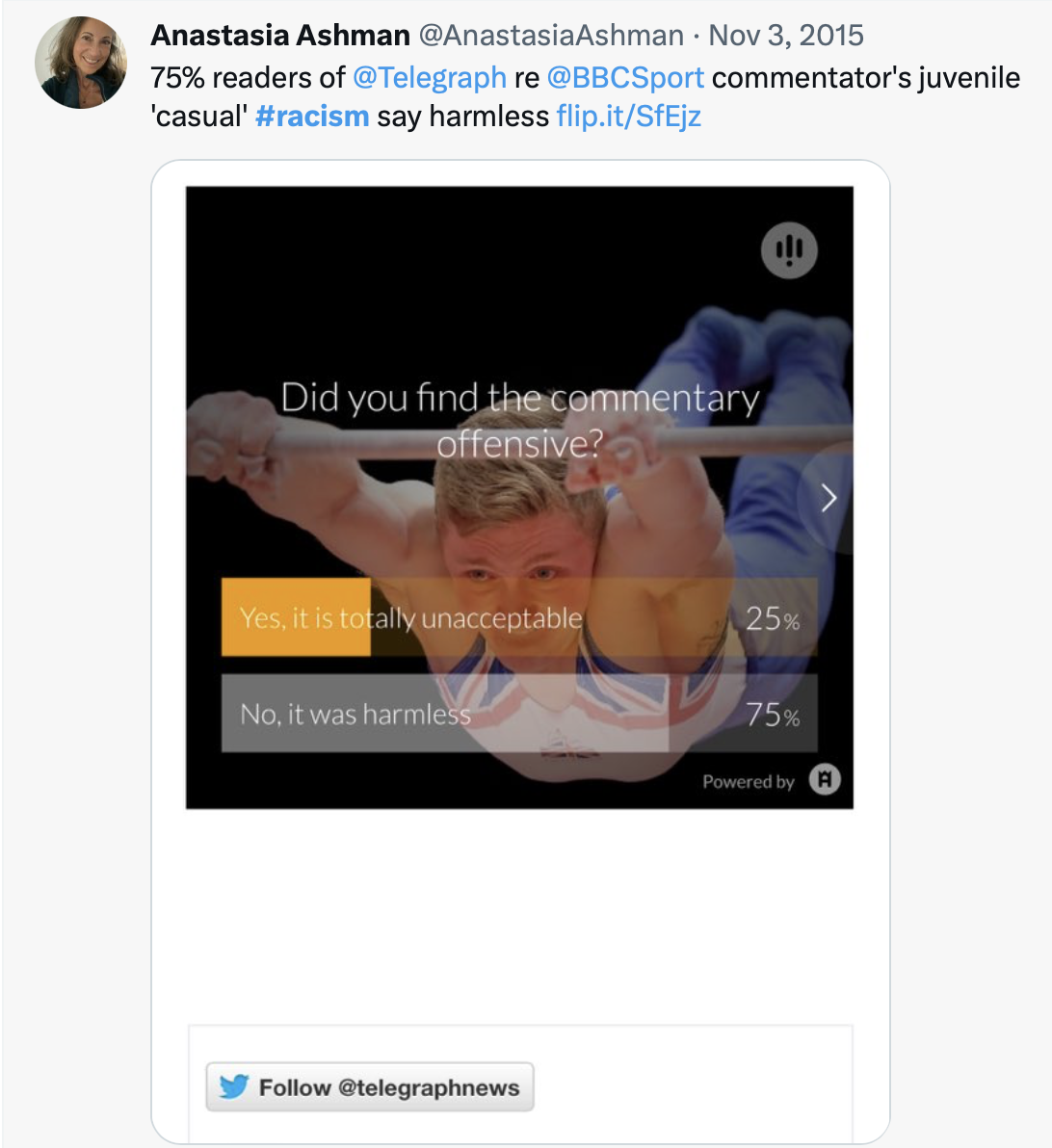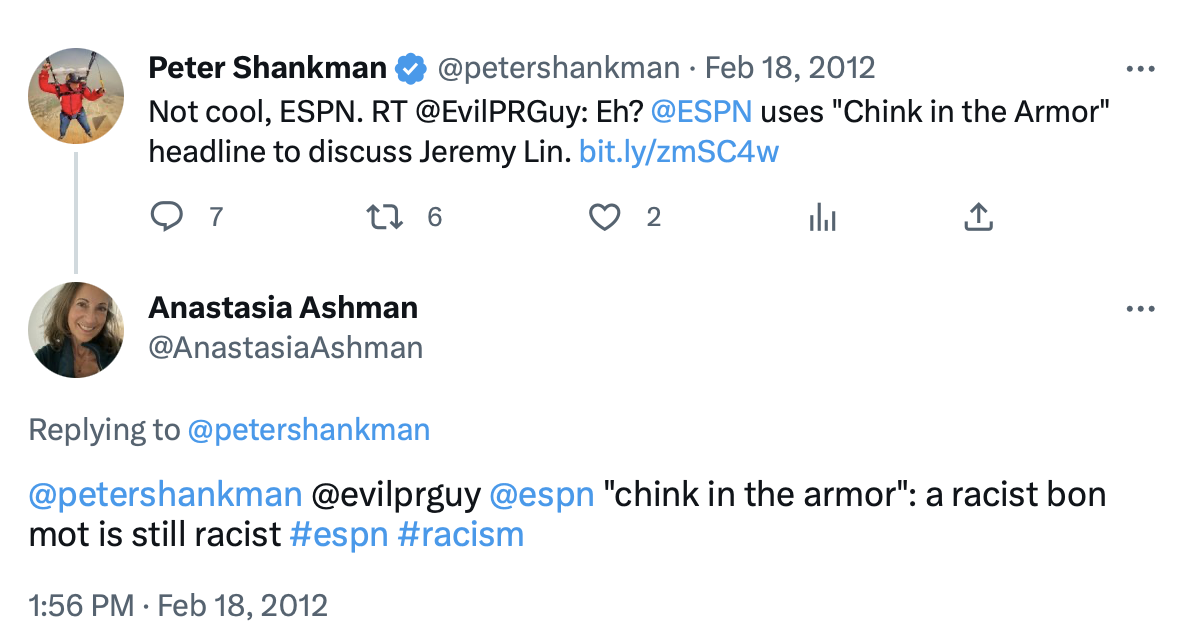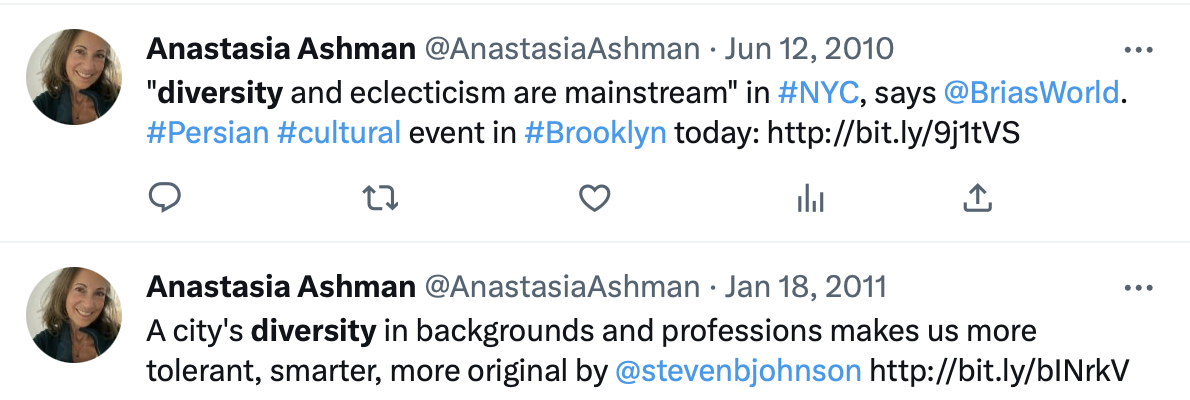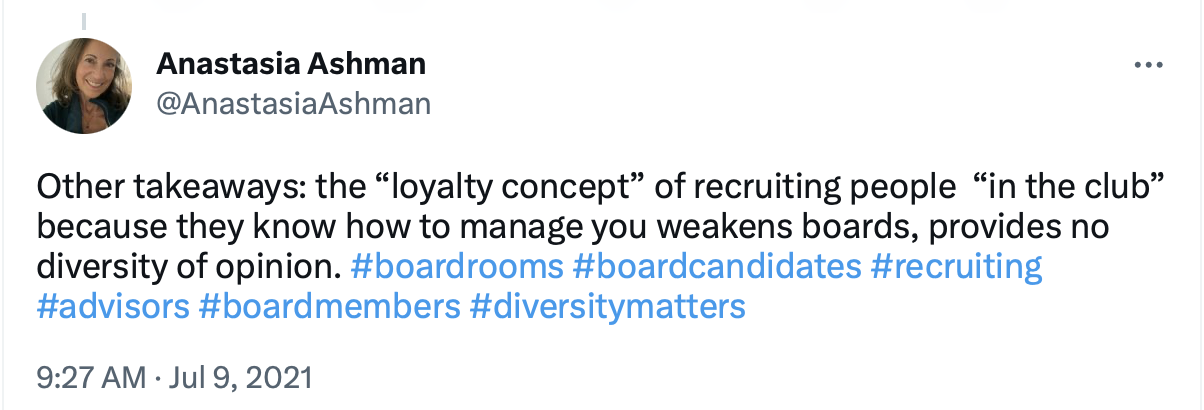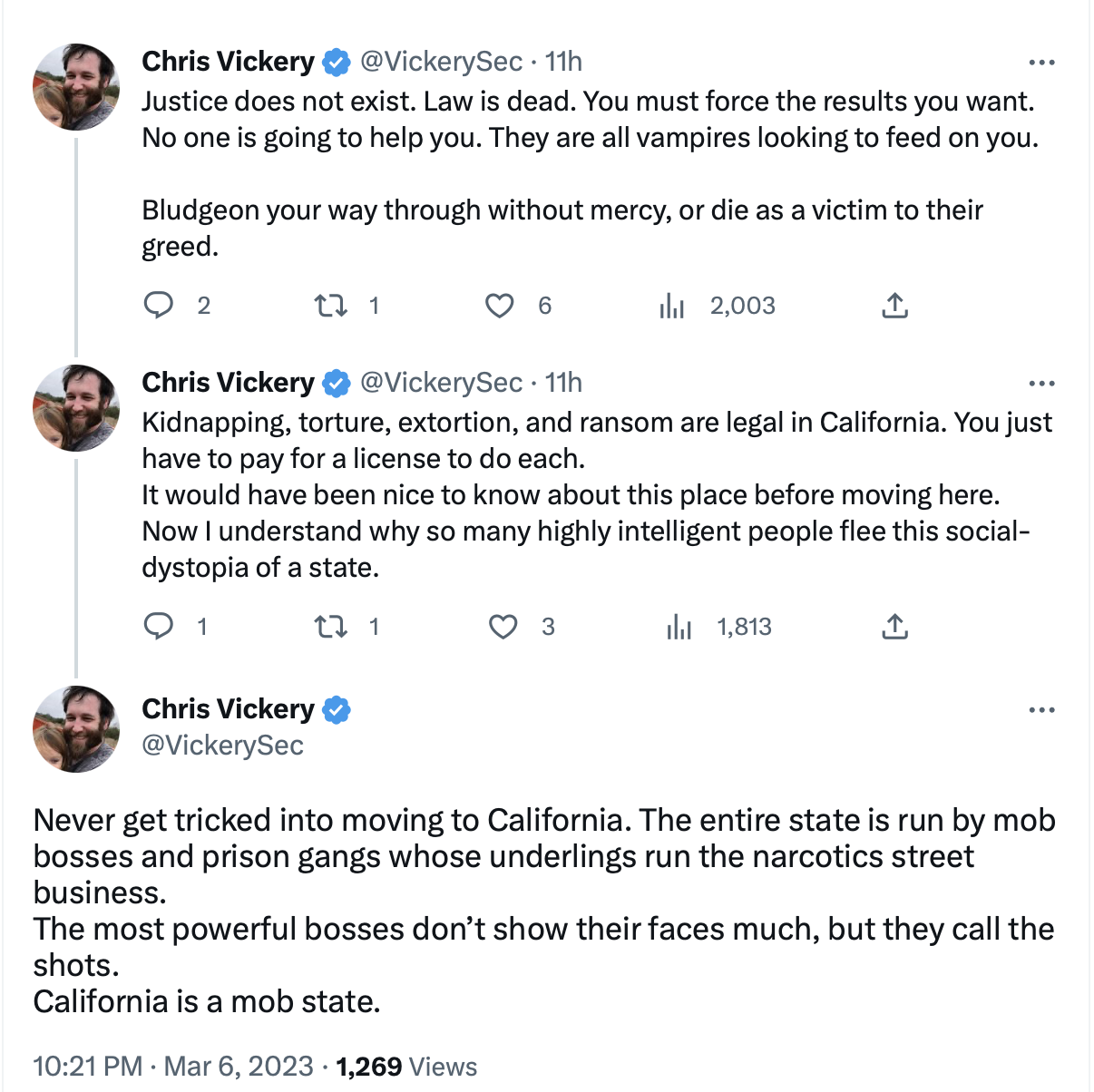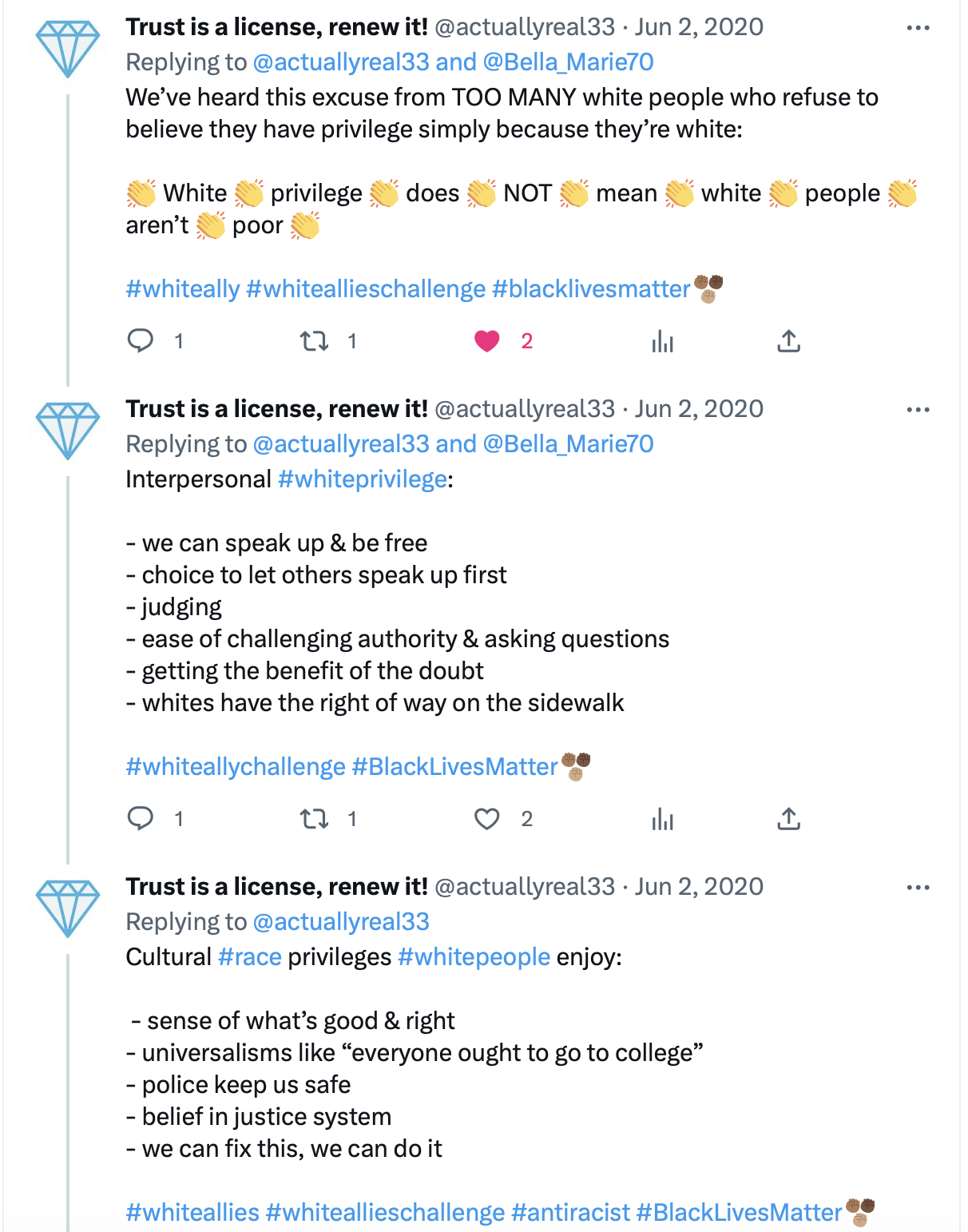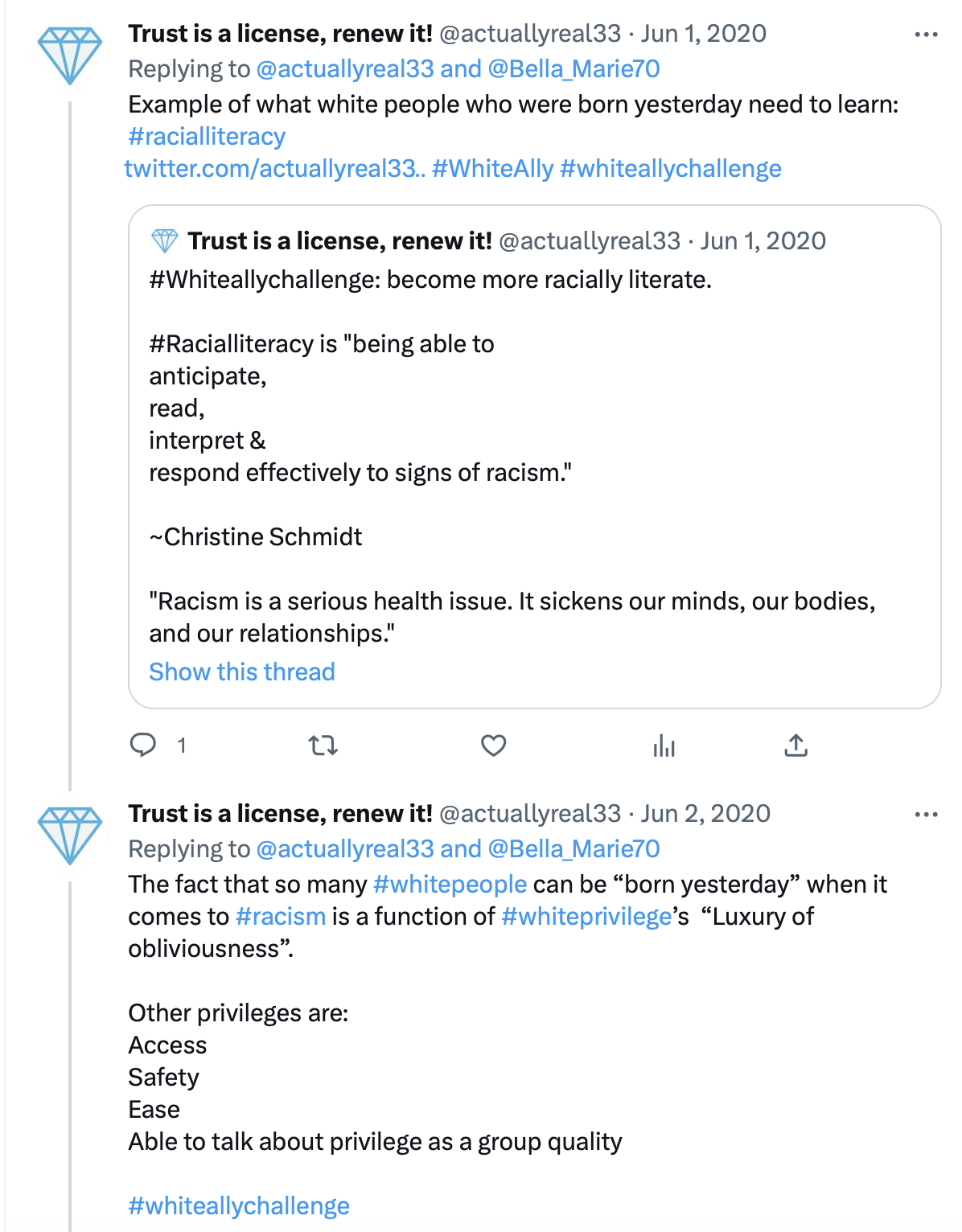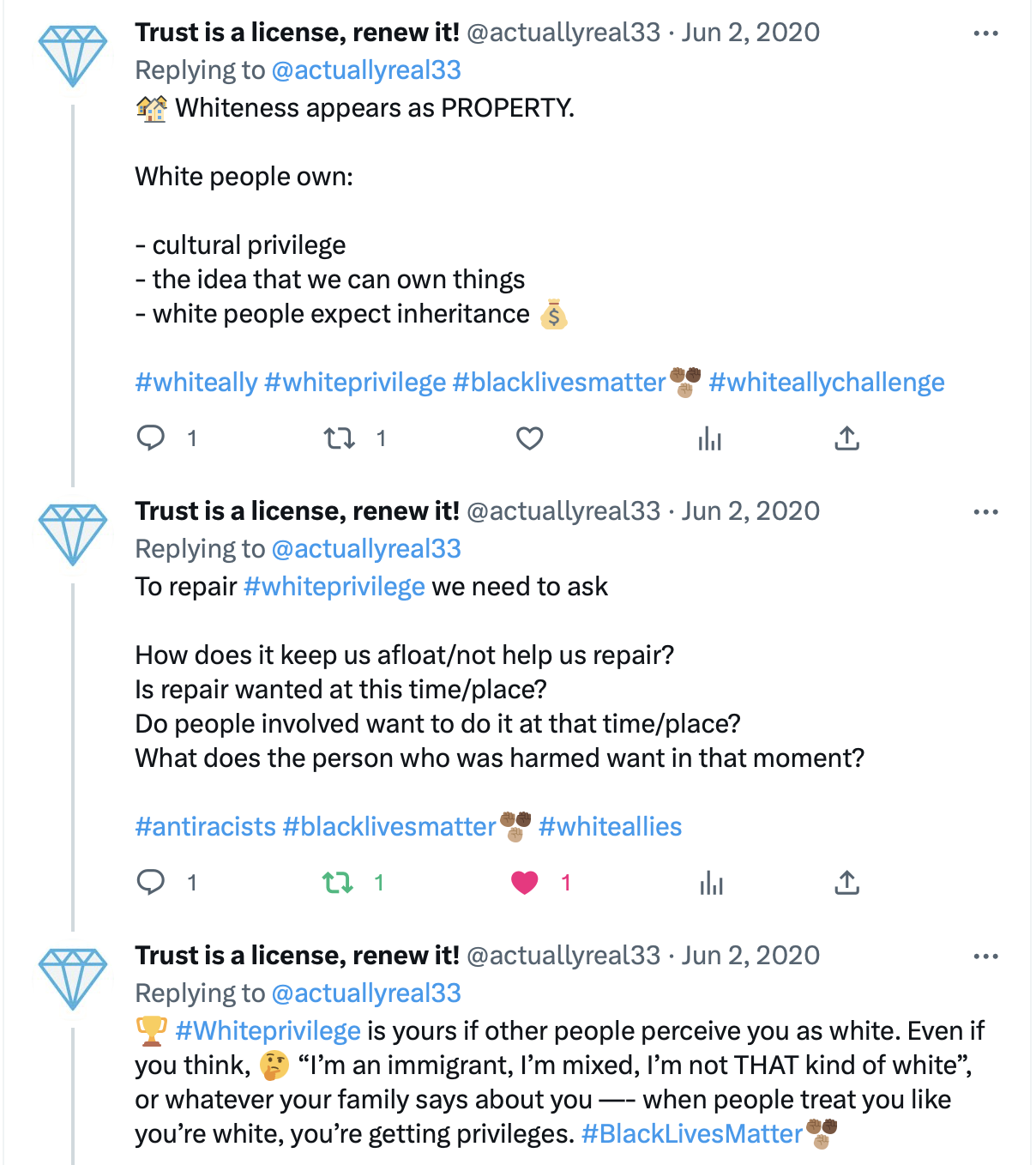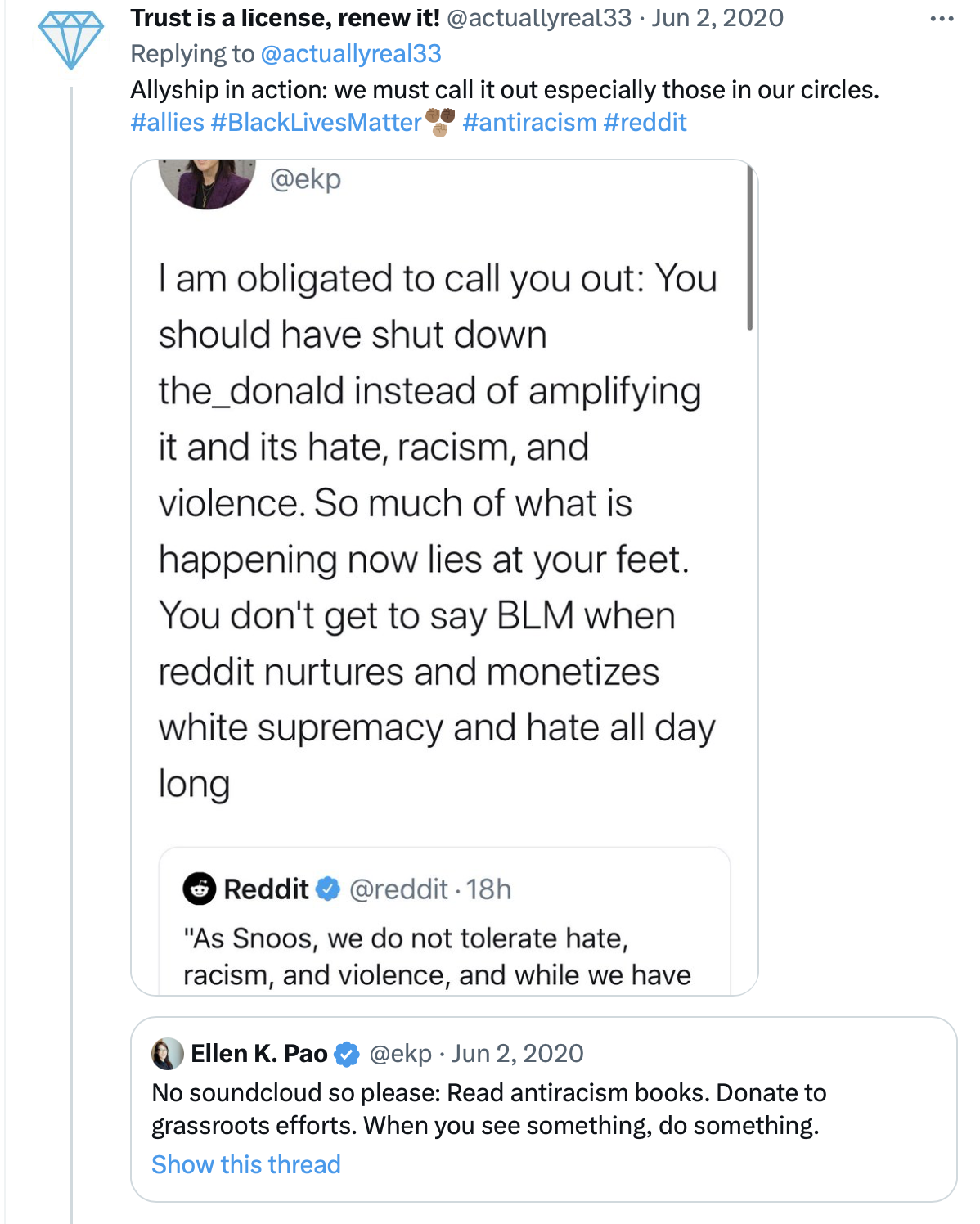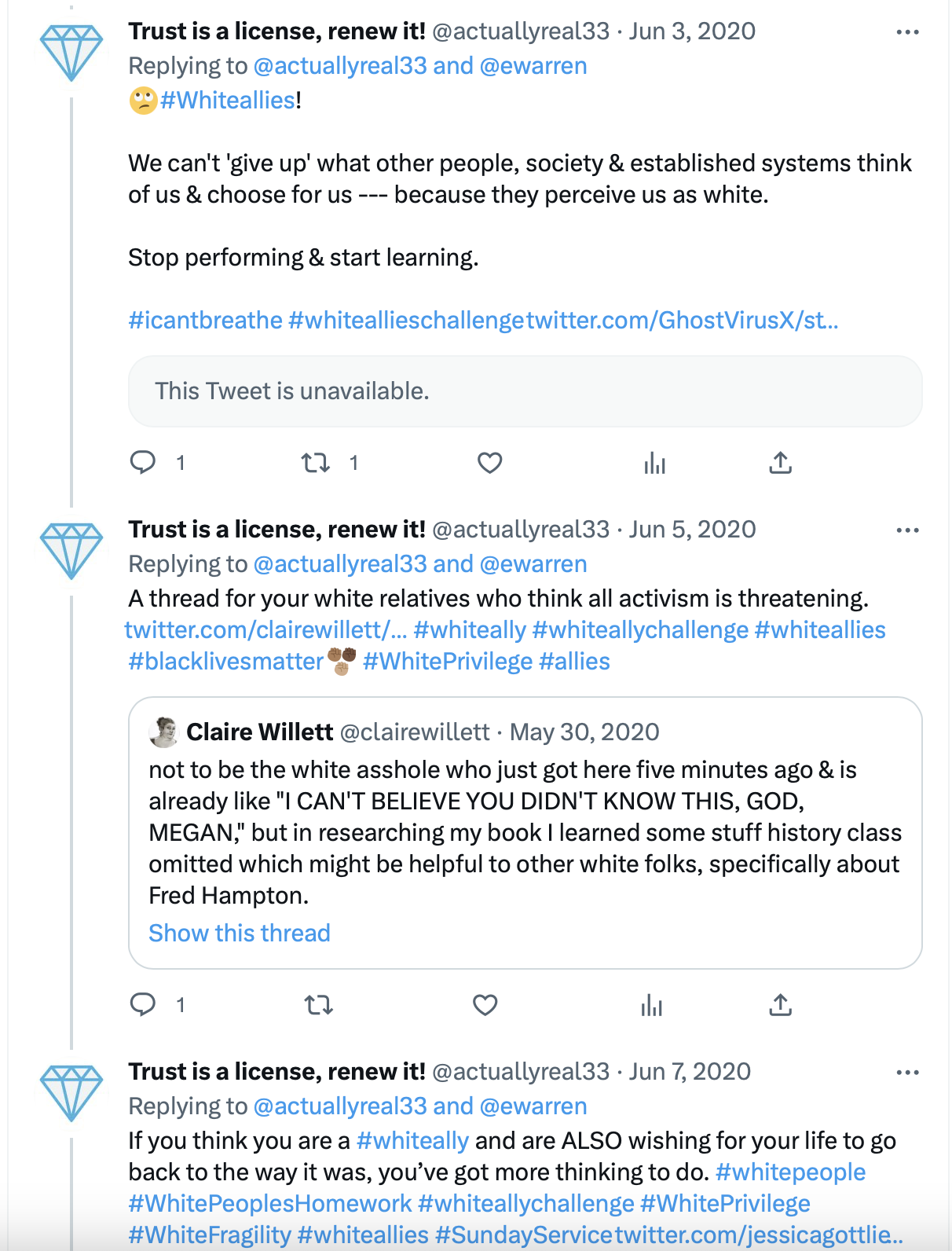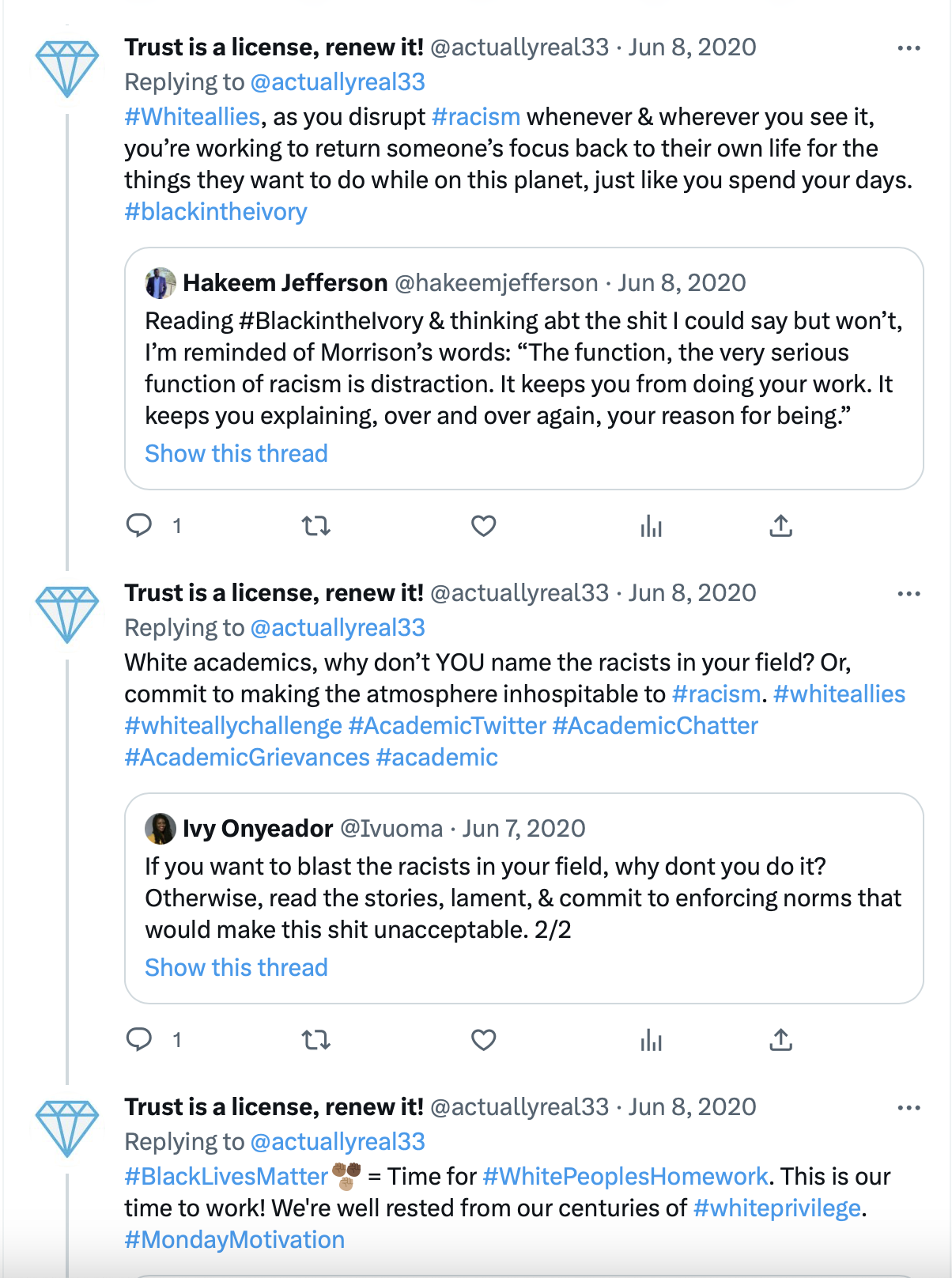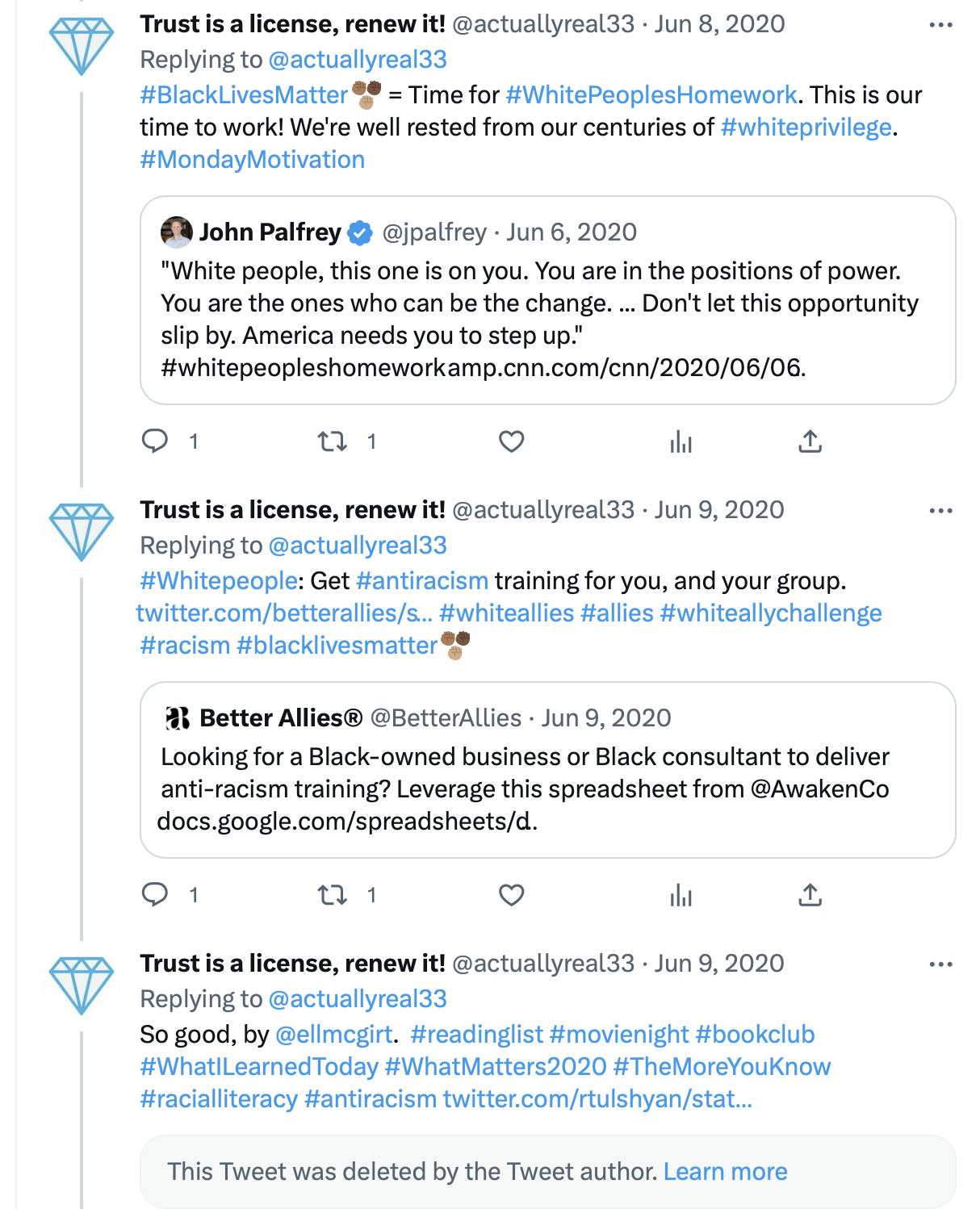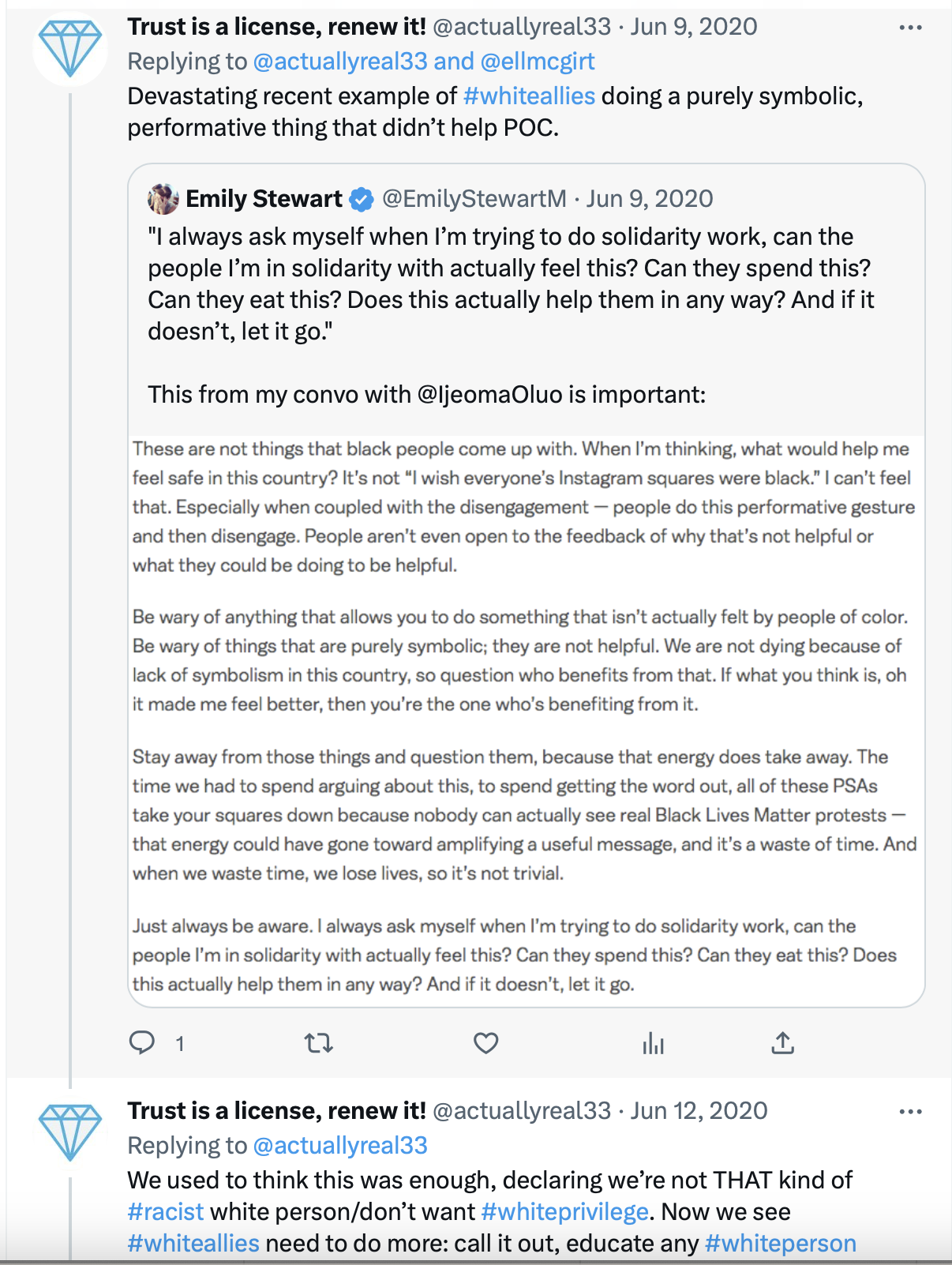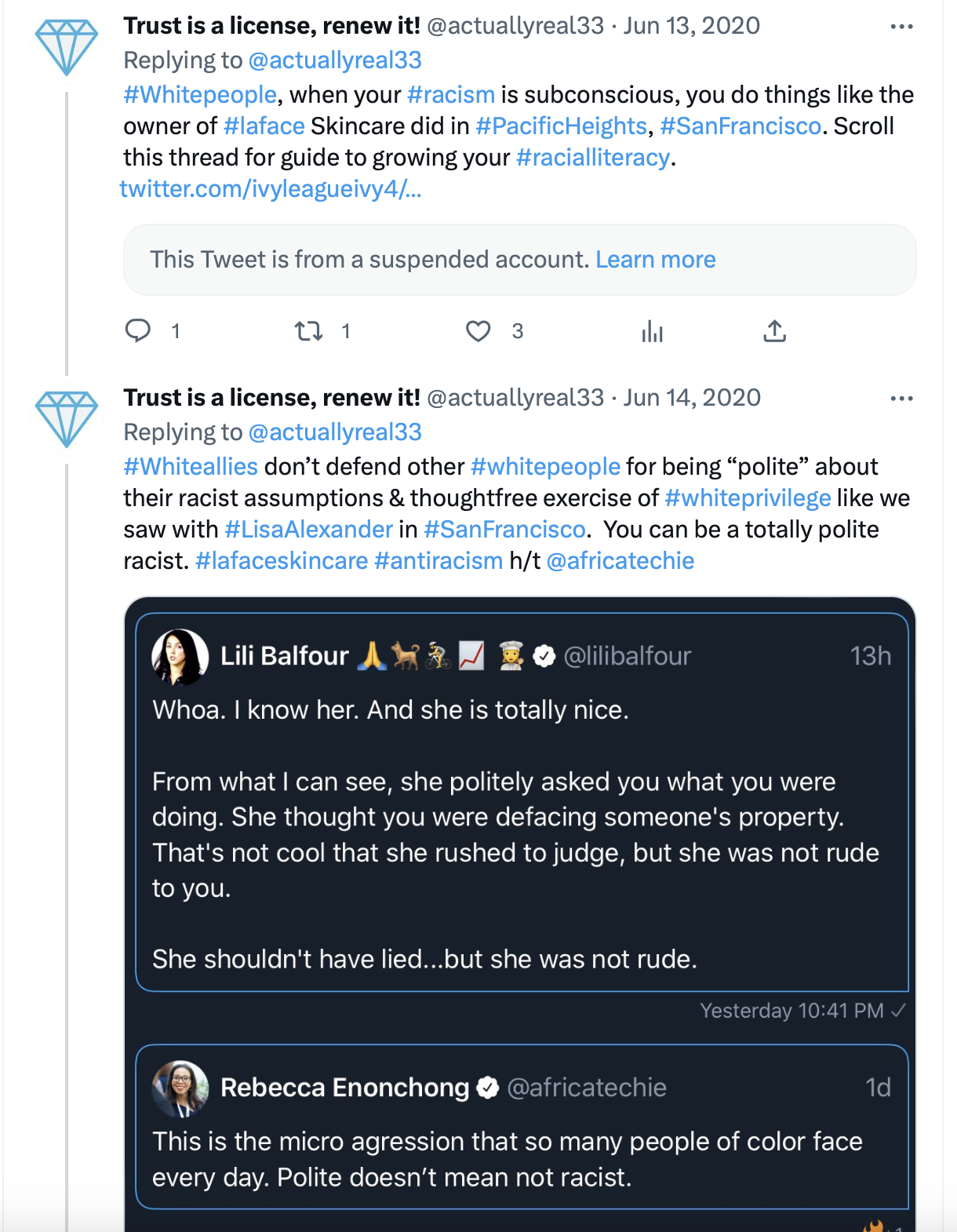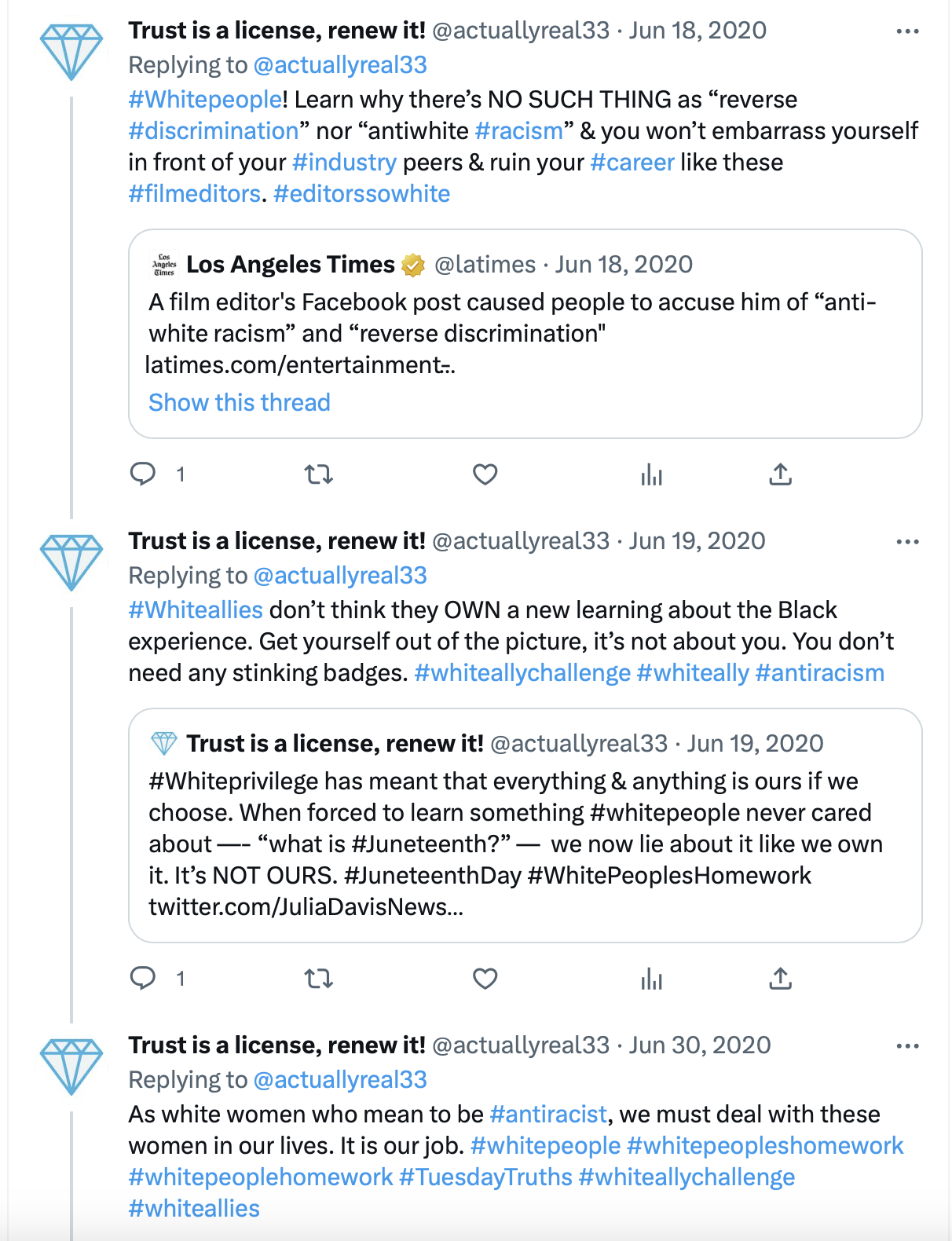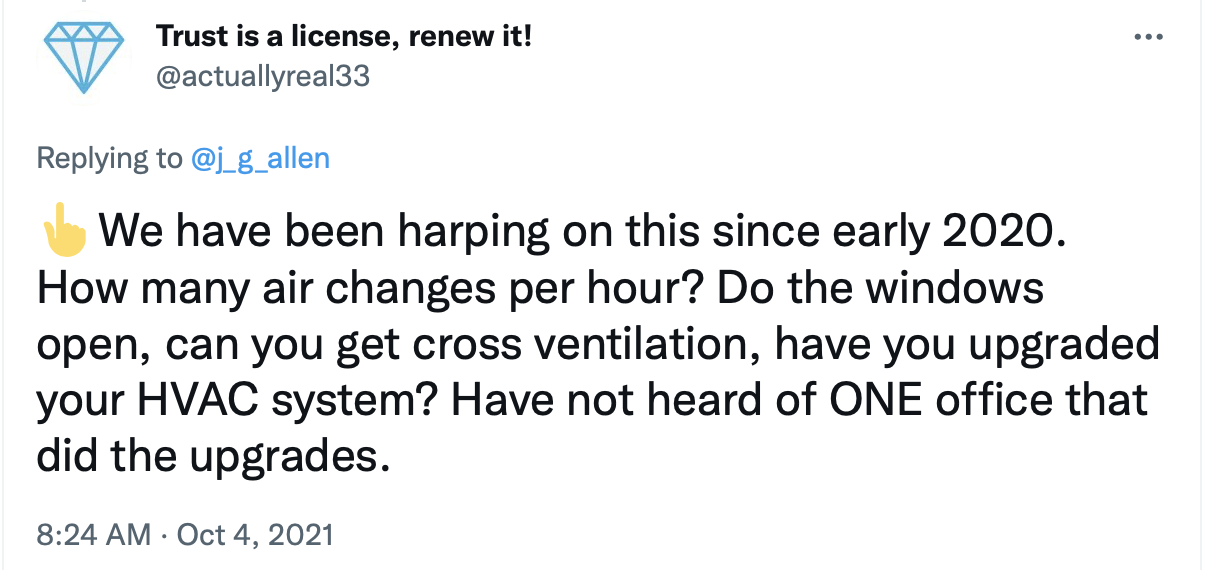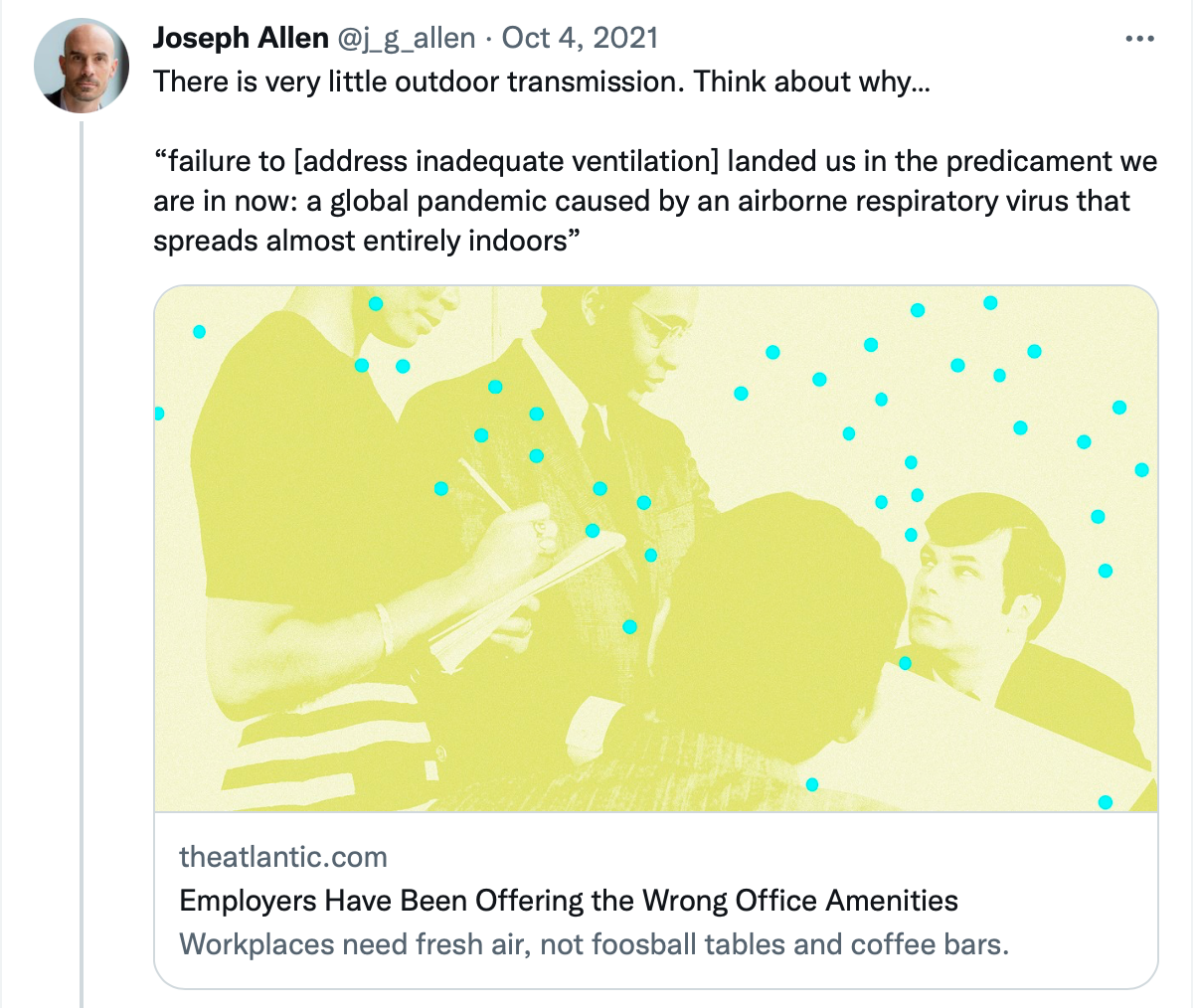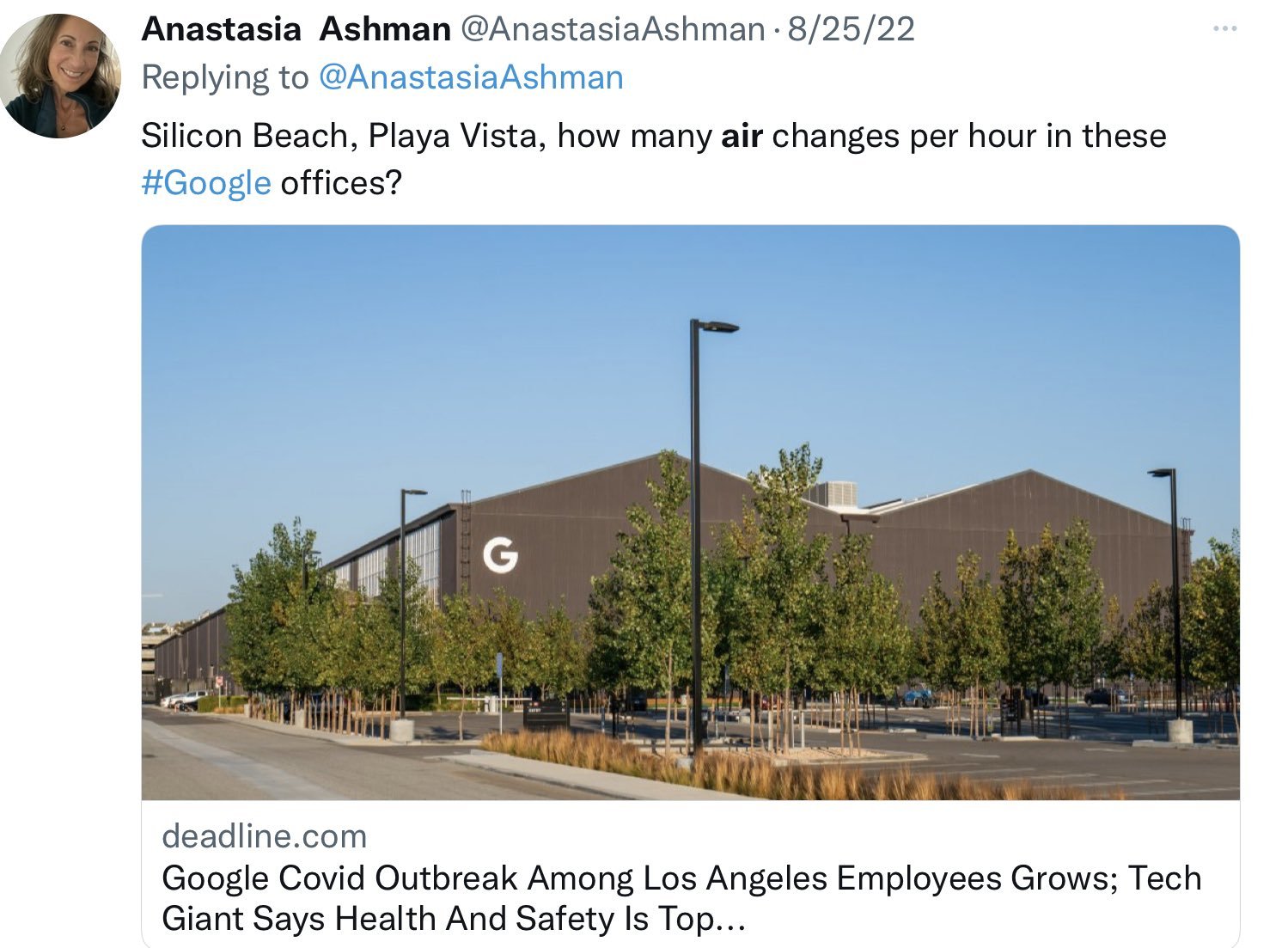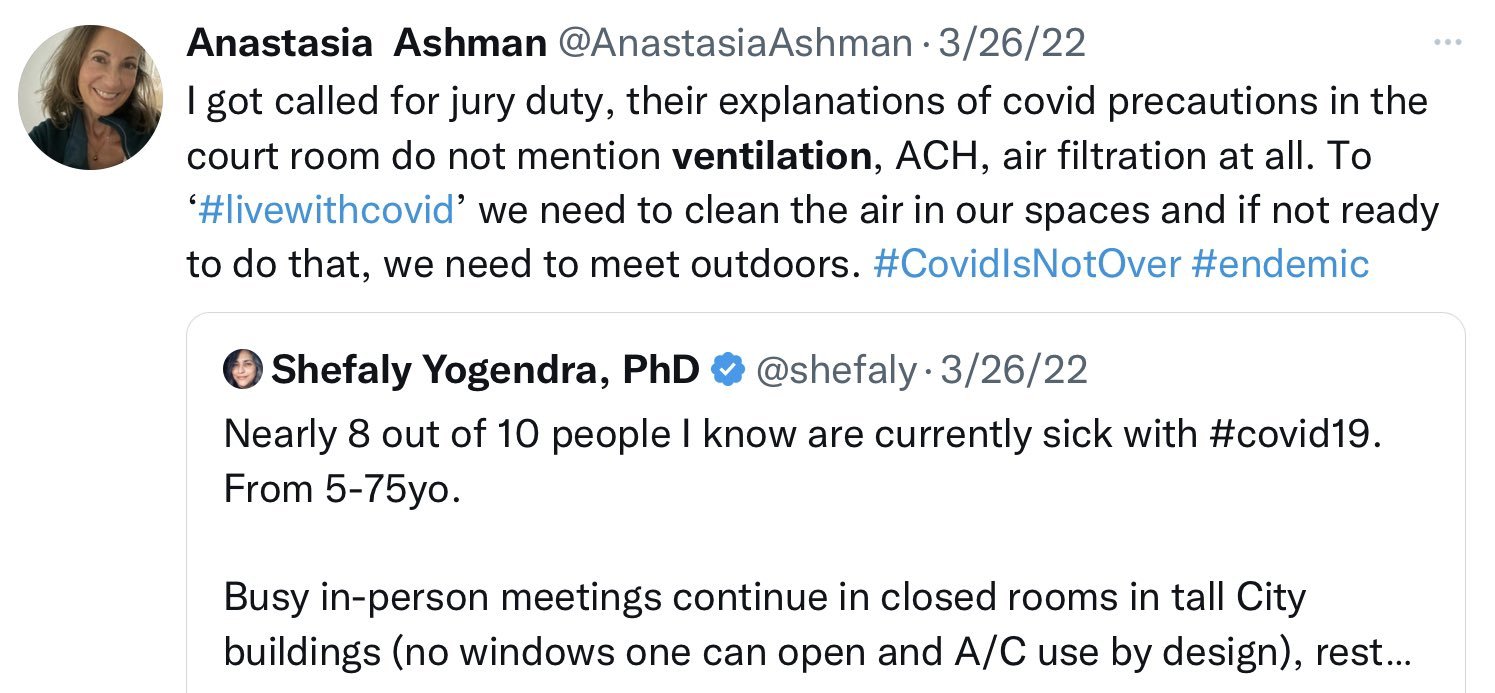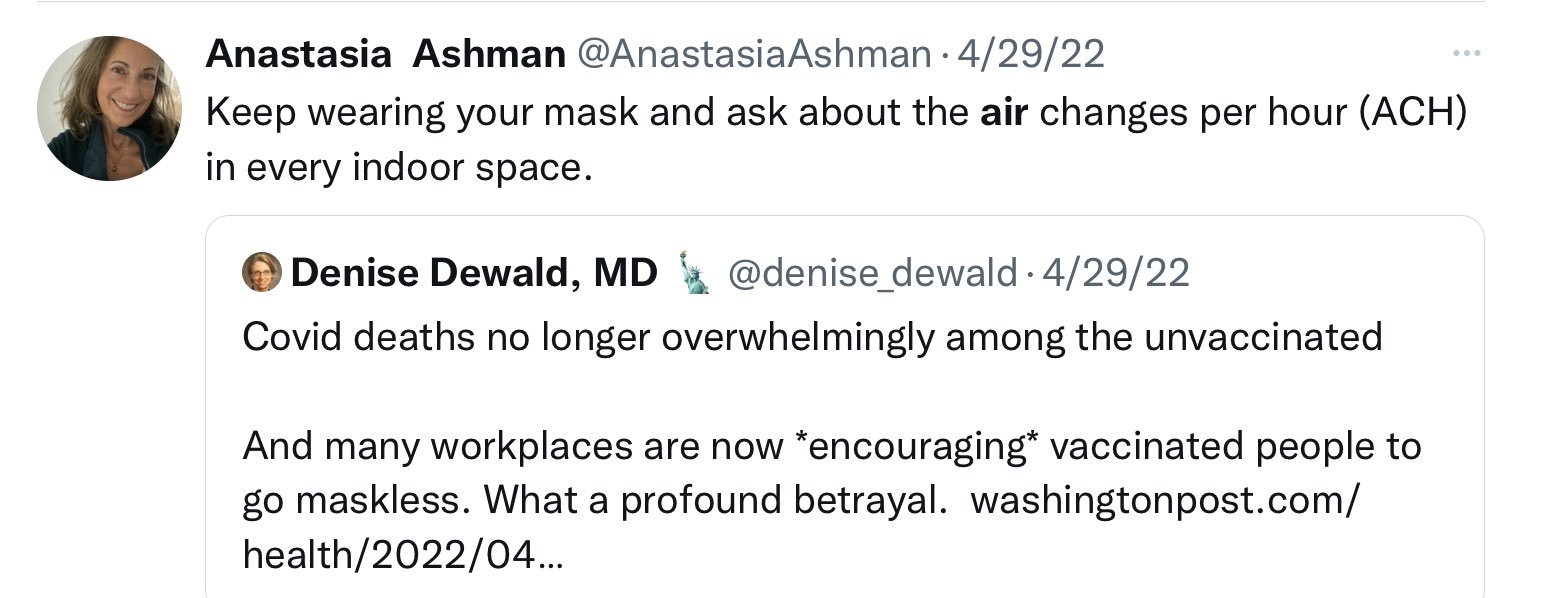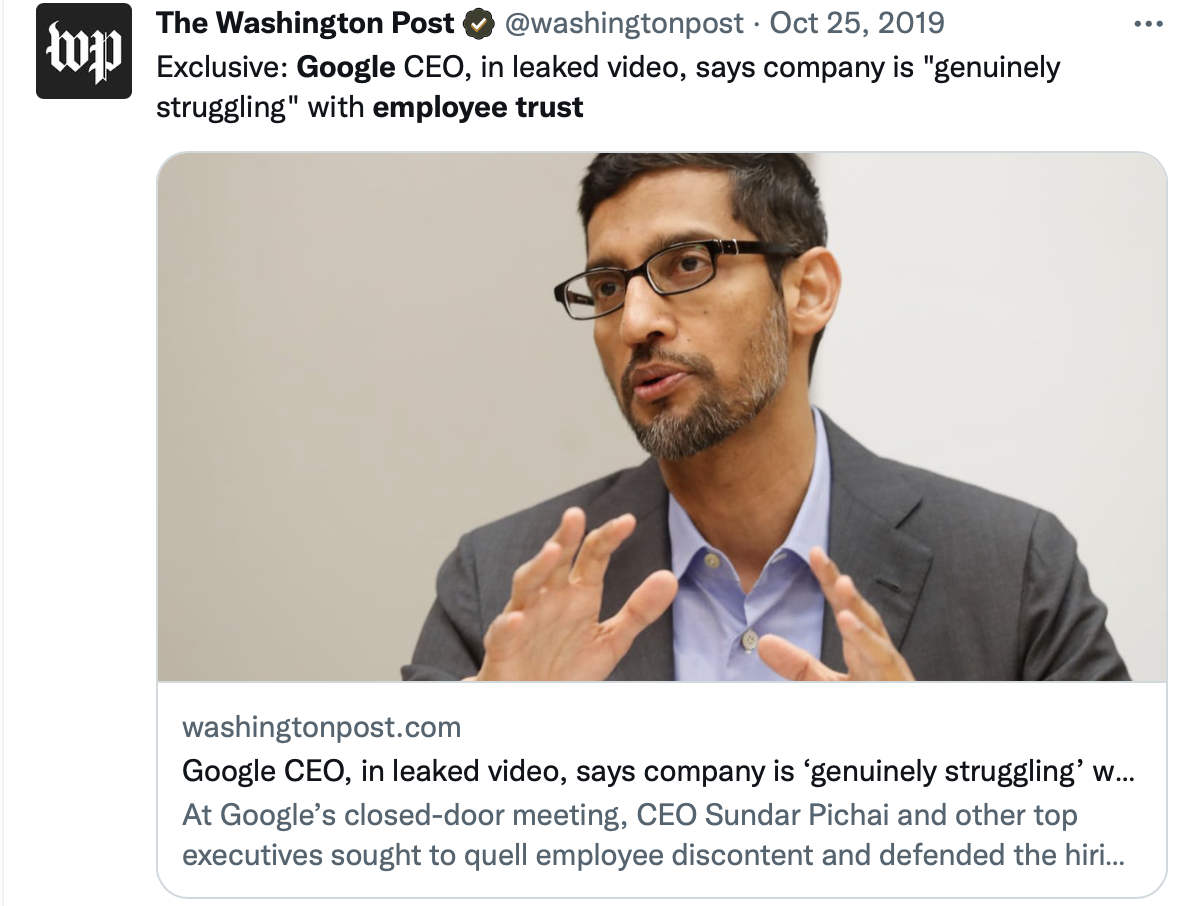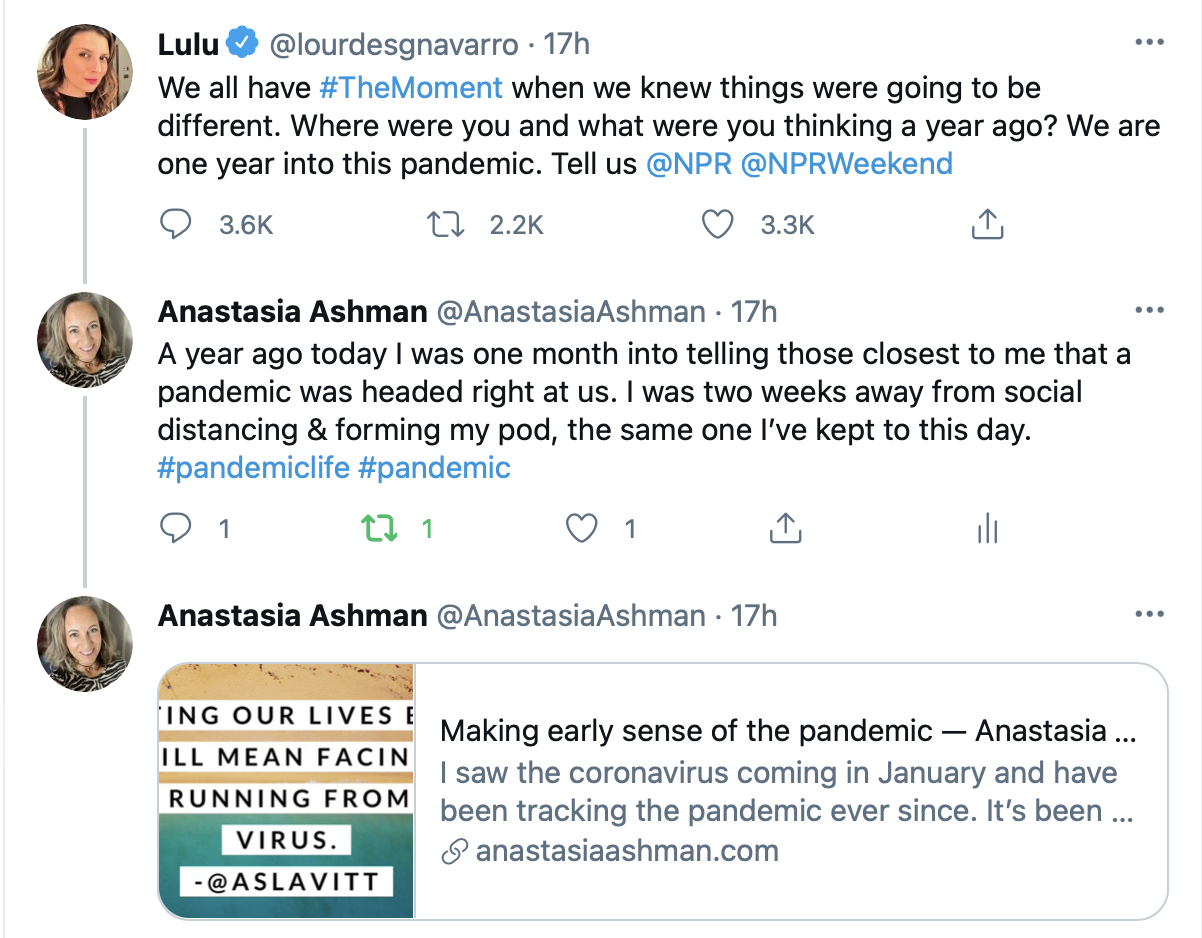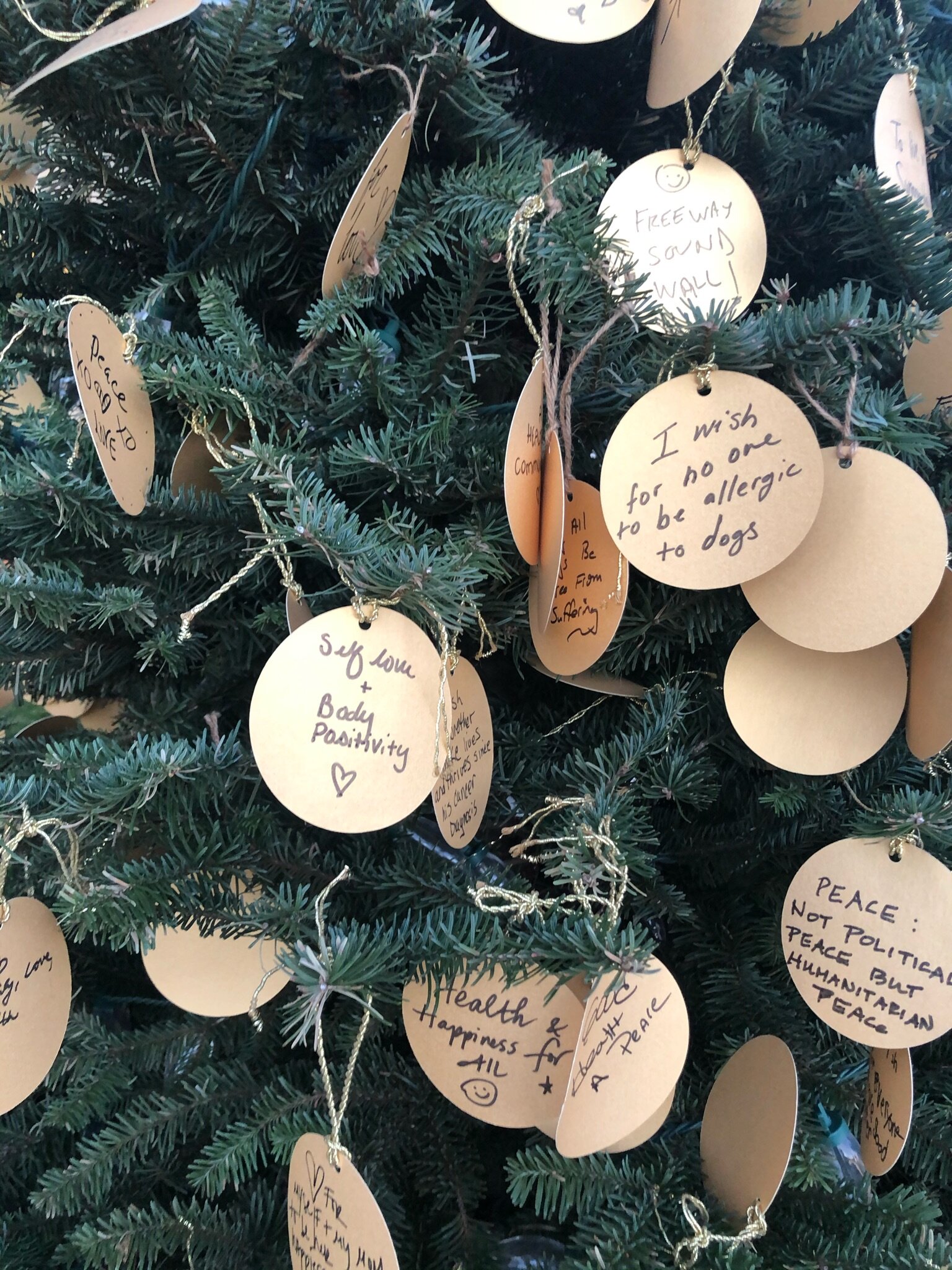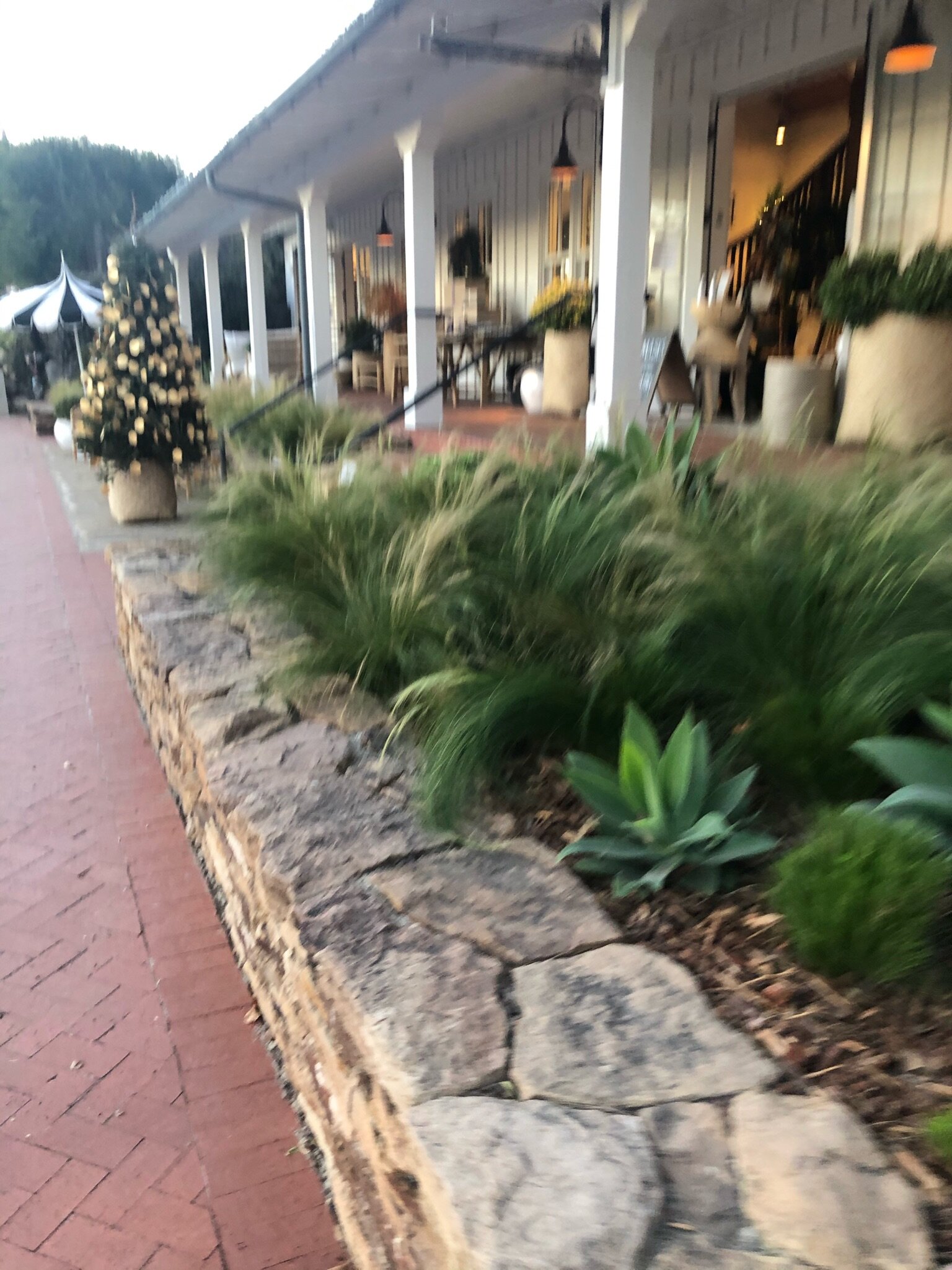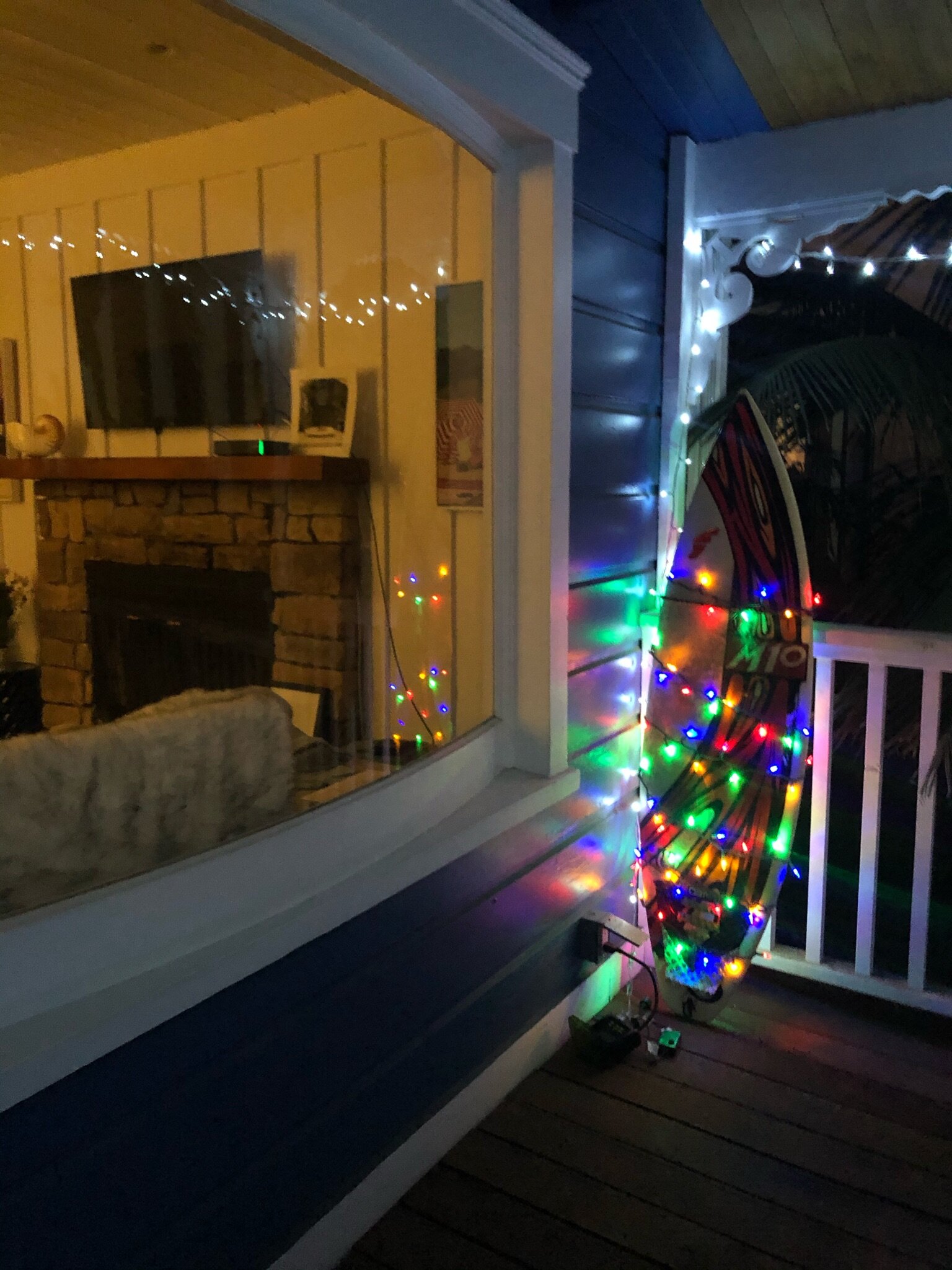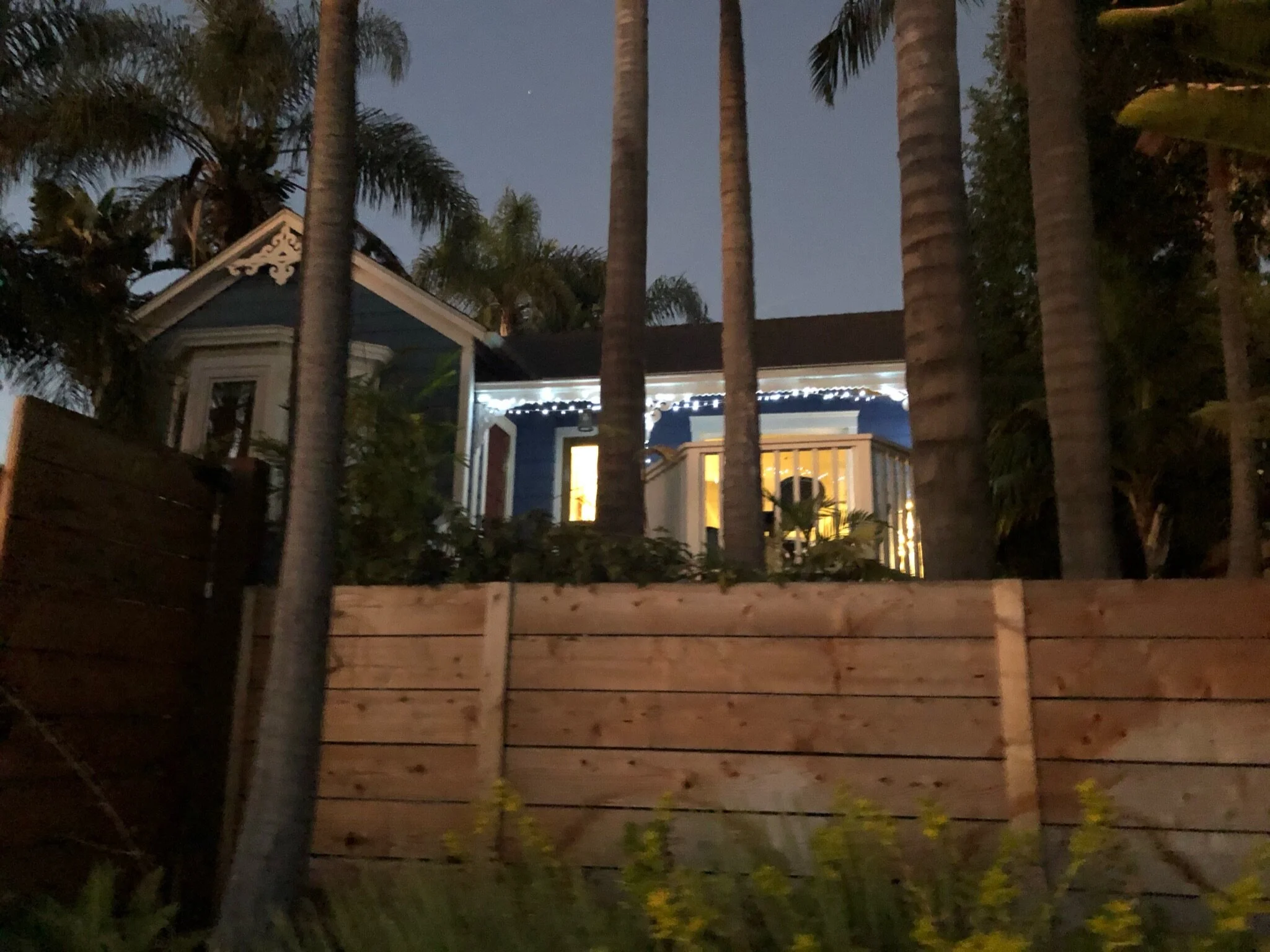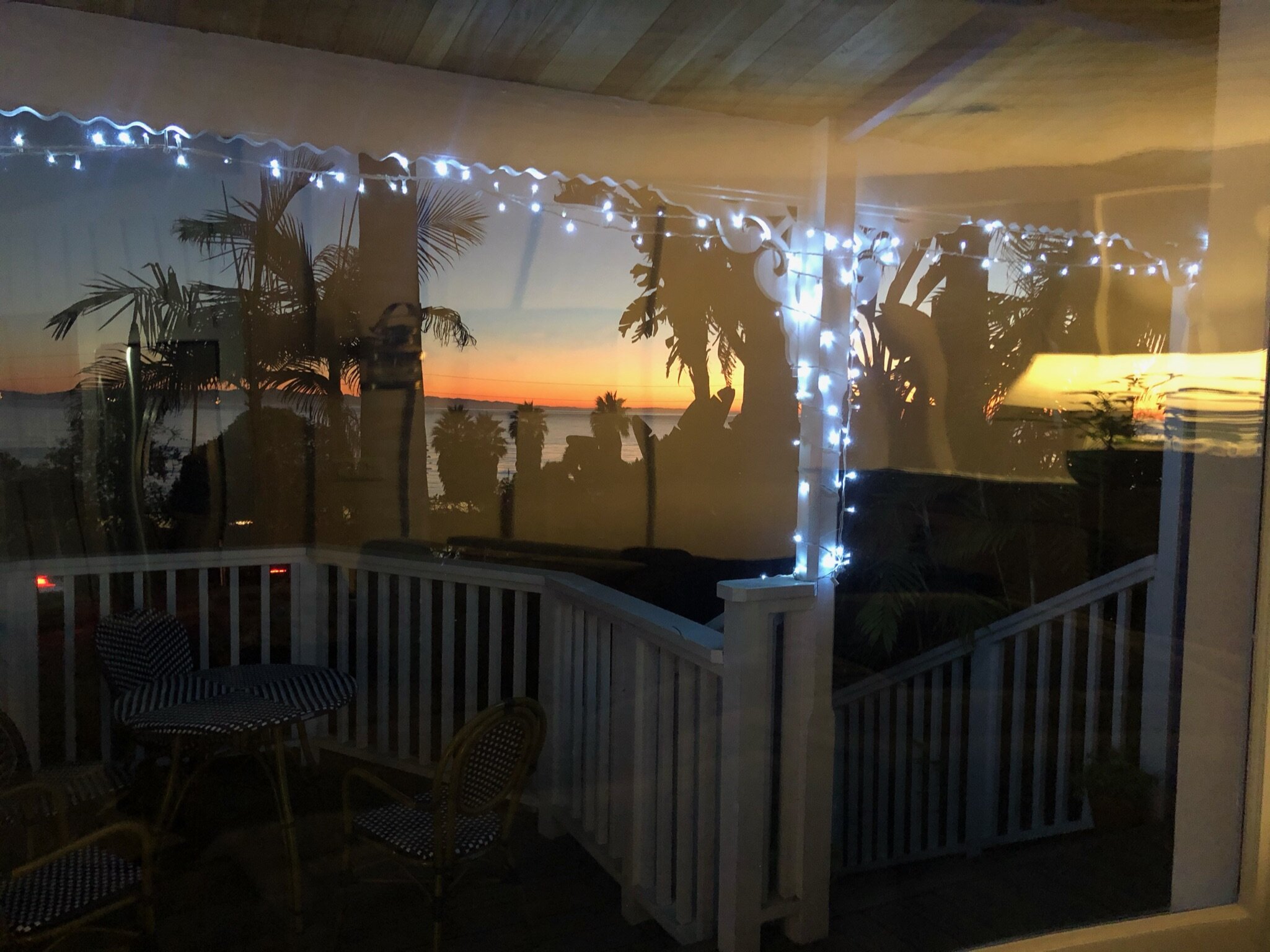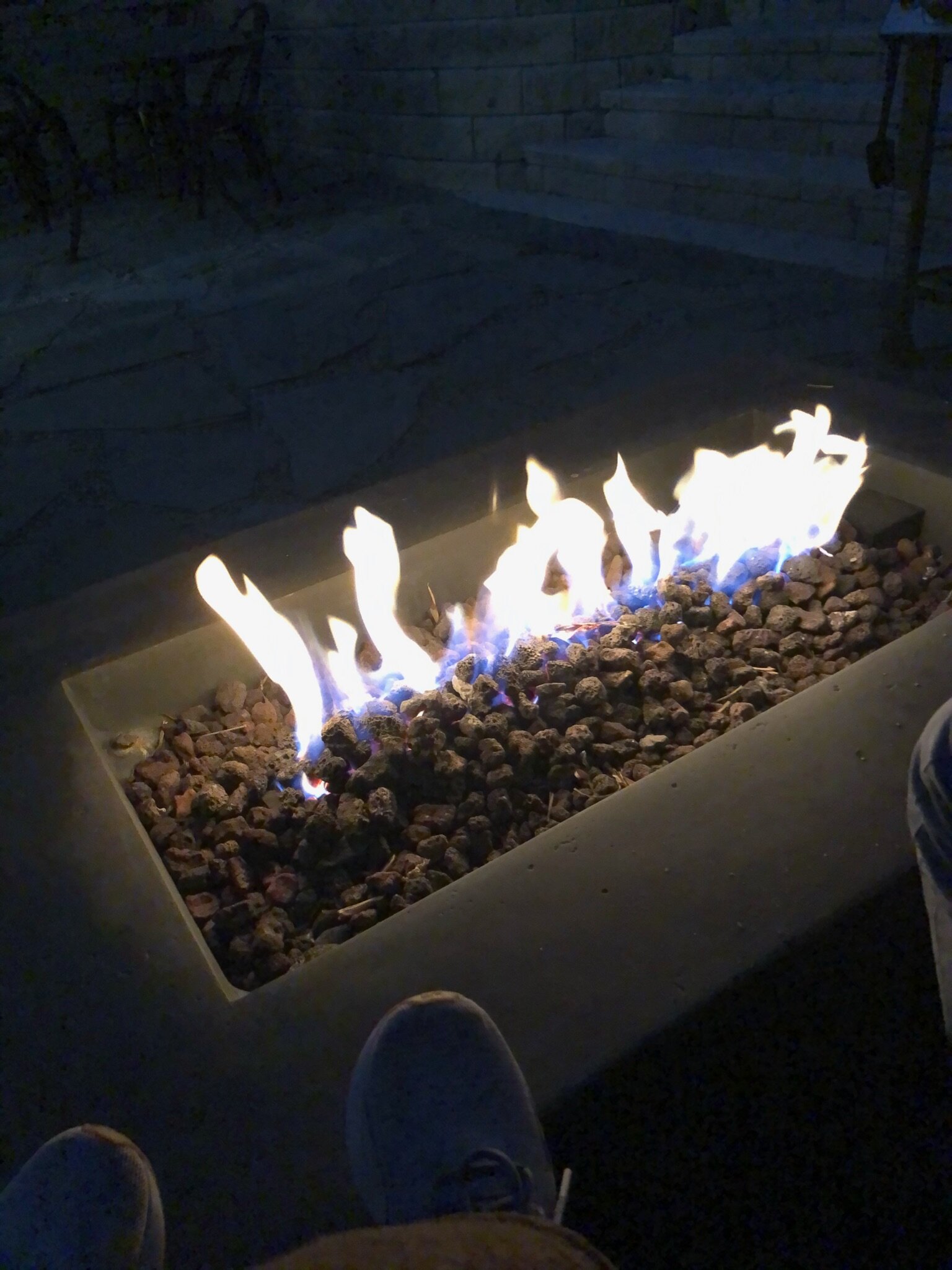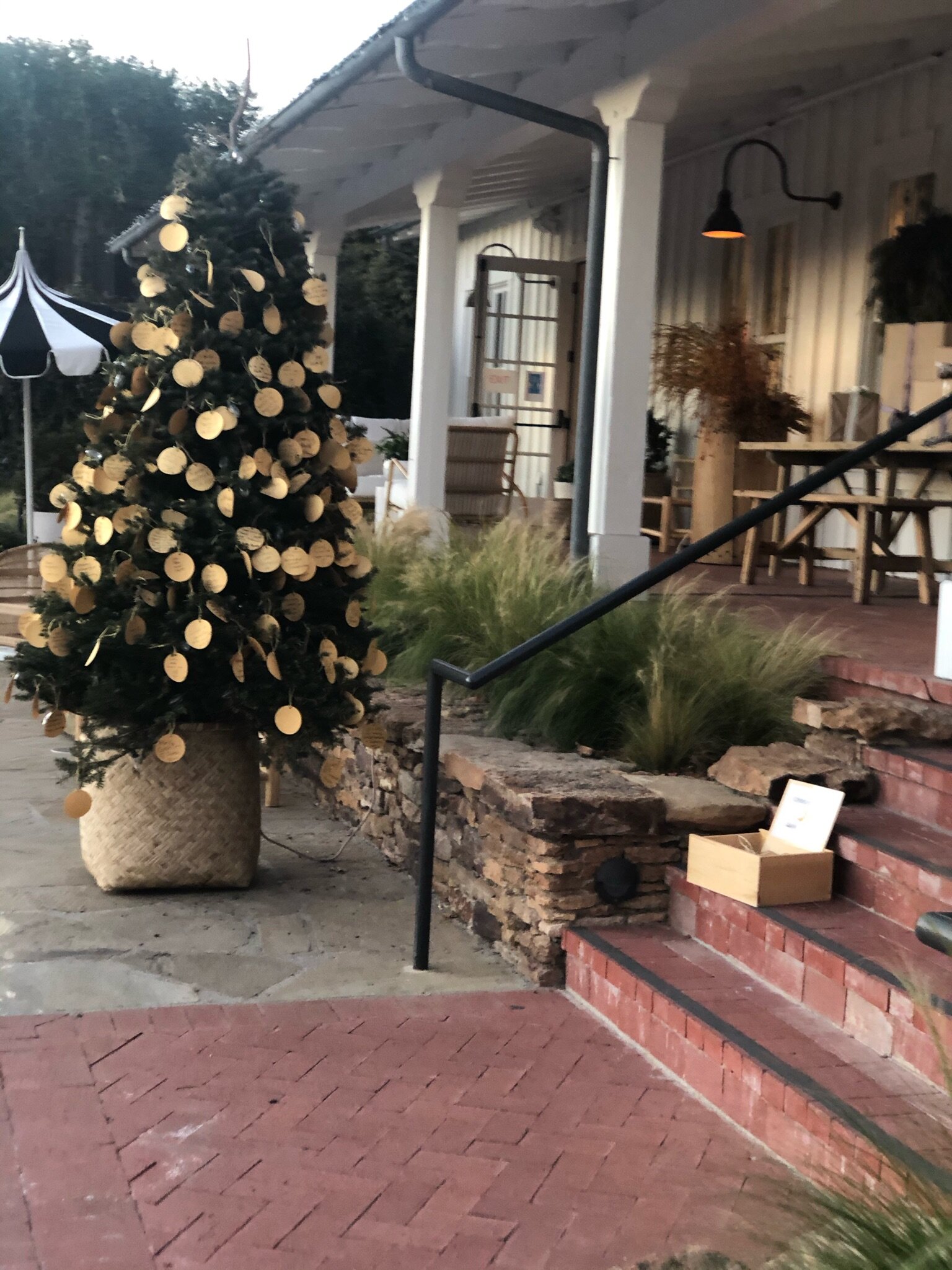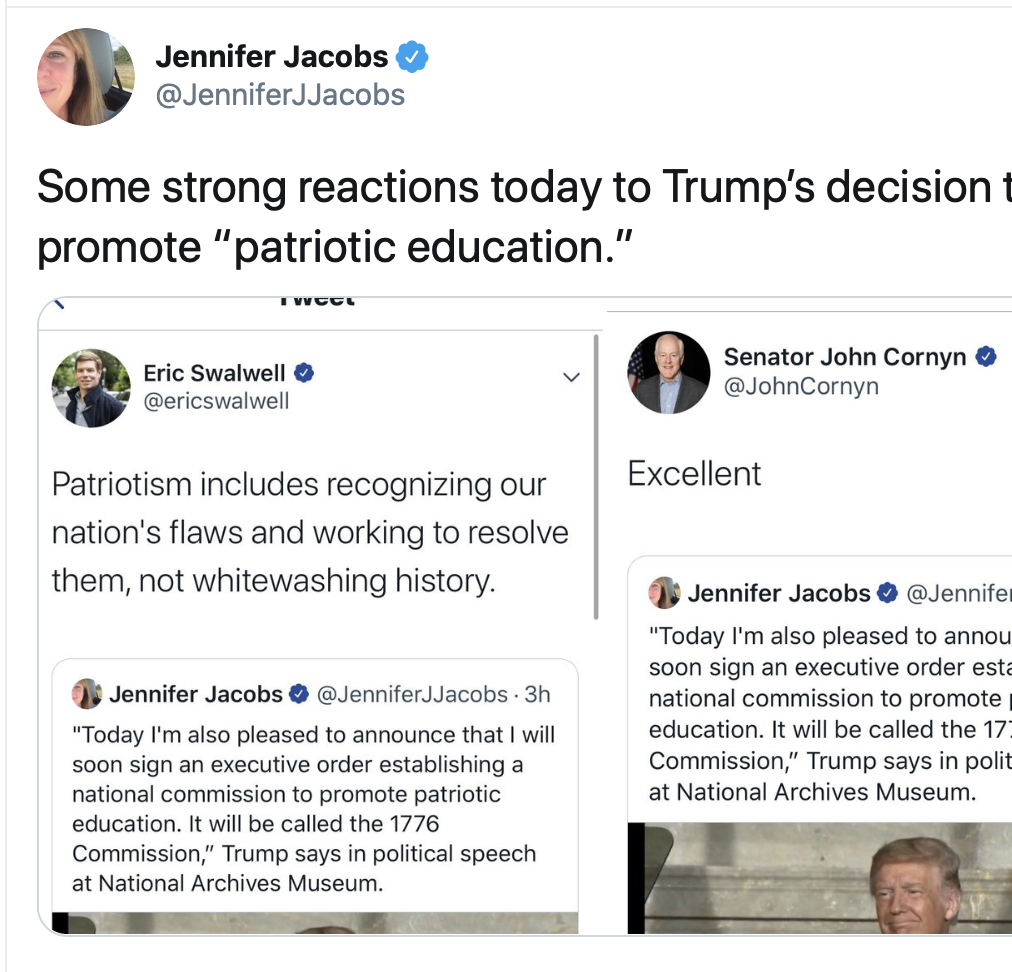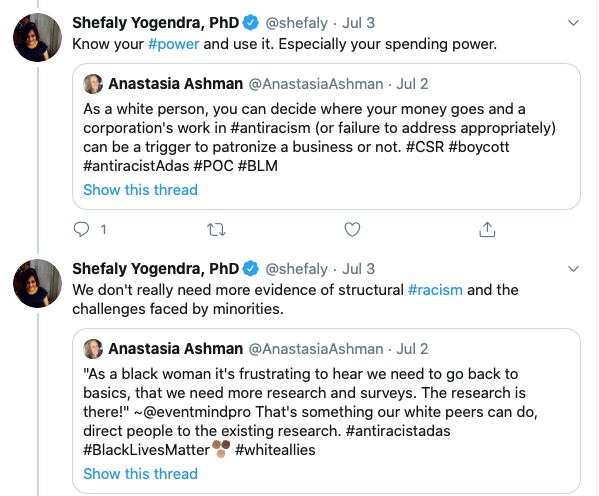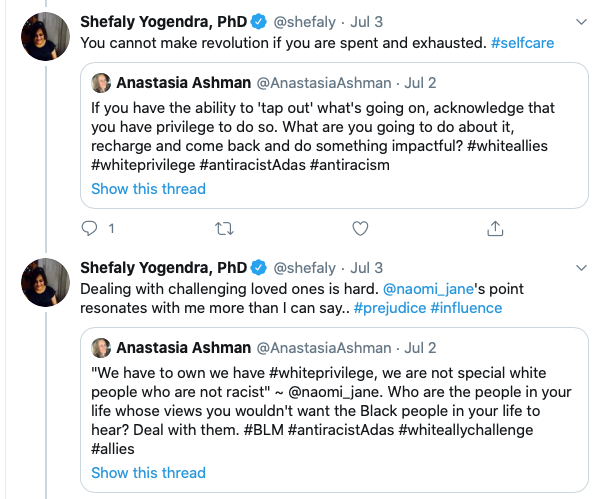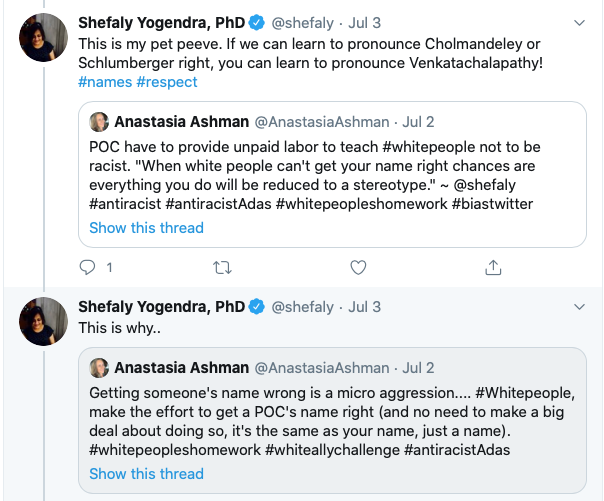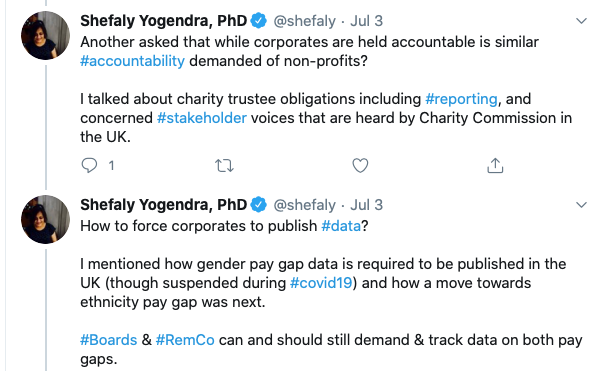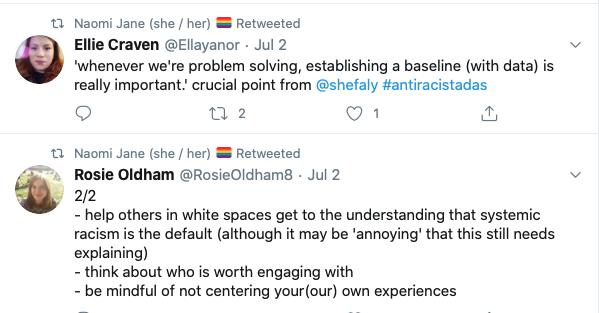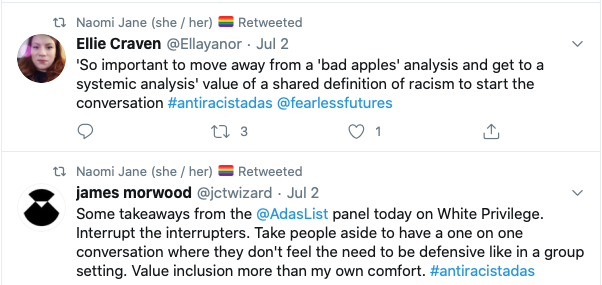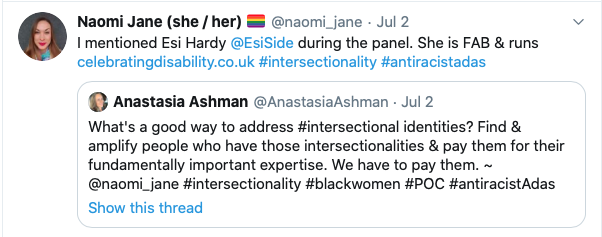I Was Made Diverse. A Tale In Formative Diversity
Diversity is the conversations you’re in. Using my voice to call out racism and sexism, question false narratives, and champion the positive impacts of diversity, equity and belonging
I was not just born, I was made. I was made diverse in ways that are natural to me but unusual to many of you who judge by my external characteristics such as my whiteness and my cis-female appearance.
LinkedIn is filled with DEI statements by people who come from self-described White homogeneous upper-middle-class backgrounds and elite networks. Their declarations are pitch perfect: it's time to recognize their privilege, to embrace the discomforts of diversity, to overturn the inequities of the patriarchy, to fight exclusion in all its forms. Light on details of past and present experience and actions, no receipts for their claims. So perfectly within bounds they must have been written by a crisis management firm - or Chat GPT.
I was born to share the same compliance check-boxes with many of these writers. If you judge by boxes, we are indistinguishable from each other. My DEI statement should read much like theirs. But then why do those 180 degree turnarounds to recognize lifelong blind spots about systemic and structural marginalization feel so unfamiliar to me?
I was made diverse. I was made by a progressive hometown that was a Civil Rights hotbed. My baseline for normality was anti-Establishment and countercultural, where every day was a reaction to a conventional world of sexism and racism and classism and ableism and ageism. I had yet to meet that world whose dominant structures perpetuate inequality and exclusion but from an early age I understood those structures needed to be dismantled. And I would do my part! I was a child steeped in inclusive language and feminist instinct. At the age of 9, I was made by my study of transcendental meditation with the Maharishi Mahesh Yogi, the same bearded guru who turned The Beatles on to meditation. Had a mantra when my peers were collecting Brownie badges. Was a test of integration, bussed from my block in the Gourmet Ghetto of Alice Waters and the original Peet’s Coffee to a lower socio-economic neighborhood in my integrated school district where the corner store sold pickled pigs feet next to the cash register. My teachers were BIPOC and AAPI. I was made by "Asian Cluster Classes" that put clusters of gifted students into classes with students of varying abilities so we could all learn together at our own paces. I was made by Asian-American Summer School and eleven years of studying Judo with instructors from Tokyo.
Was trained to see through different eyes than mine, to perceive how society's majoritarian effects devastate minority populations. Mapping Toni Morrison’s The Bluest Eye onto my envy of a blonde blue-eyed sister’s life, when Langston Hughes was my favorite poet, when I learned of America’s Japanese internment camps and our homegrown wartime propagandists Tokyo Rose and Axis Sally. Cherished memoirs of the Holocaust as a 15 year old, written by people who survived concentration camps like Auschwitz.
Lived and worked in numerous American cities and three other countries. Ran a reflective blog for global citizens. Published a stereotype-busting book about Turkey that won adherents worldwide, including NBC television producers, National Geographic Traveler and the New York Times. Translated Turkish culture on live television for five million Americans. Raised the voices of foreign women writers in a land that gets more press for silencing writers.
Mentored students of color, LGBTQ students, undocumented students, and women leaders of tomorrow. Supported a more equitable world by amplifying people with intersectionalities in my hiring, by whom I follow and amplify on social media, and by deciding with which companies to spend money. Corrected gender and race imbalances through my entrepreneurship, partnering with individuals from underrepresented communities and people who have untraditional educations or are differently abled.
I was made by my experience of working in all-male environments or being the only woman in the room. Feel acutely aware of the challenges that face a marginalized individual, especially the derailing of opportunity and the harm to one’s mental health caused by mistreatment. On Quora in 2009 answered the question: "What do you wish you knew in your 20s?" Wish I’d known I had a legitimate case of harassment in the workplace when I had to give the mailroom dude a hug before I could use the fax machine. Instead chose career change, and faced depression.
Finding an ally is a boon. Identifying where my rights have been violated in the workplace and pursuing productive remedies came in my 30s: thanks to guidance from a male colleague who recognized the optics were poor and who knew how to be an ally to women. This is what I want for everyone: to have a savvy ally nearby.
Allies are also made, not just born. Being an ally is my goal. It is never-ending work and my privilege to tap out, recharge, and come back to do something impactful. I regularly recommit to being an ally to marginalized people. As an active anti-racist (see my live tweeting a tech world event on intersectionality and structural racism), I hold other White people to account, directing them to existing research so they don’t rely on the free emotional labor of people who are experiencing the discrimination. I make a point of getting people's names right, and remain aware of empty gestures, tokenism, and virtue signaling. I recommend any White person reading this educate yourself about how to be actively anti-racist. There is no alternative.
Experience, culture, and perspective are crucial factors that shape our worldviews. We must work to find equity. For decades, I have used my social media, blogs, books, published articles, letters to the editor, etc., as a platform for calling out racism and sexism, questioning false narratives, and championing the positive impacts of diversity, equity and belonging.
In 2010, my global citizen newsletter was asking questions about tolerance levels in our communities. On Twitter in 2014, pointing out that issues of discrimination and diversity are not just fringe concerns, but mainstream ones. In 2015, noting true diversity is reflected in the rooms we're in and the conversations we're having. My commitment to fairness and justice is well-documented, from confronting sexism in the halls of Congress to challenging a Hong Kong tycoon's comments about drowning Indonesian women — they didn't need to be saved when the ferry went down he had said, they were only women and women have so much already, don't they?
I was made by being an outsider. Knowing what it feels like to not fit in or belong, or speak the predominant language, or have citizenship rights. Being misunderstood when speaking or acting. Being passed over for hiring or promotion due to a lack of 'culture fit.'
Knowing what it’s like to be welcomed as an honorary member of other cultures and groups: for eight years I lived in an almost exclusively LGBTQIA+ world, at one point with four gay roommates. This was normal to me, but may be unusual to you.
As an expatriate in Muslim-majority countries in Southeast Asia and the Near East, learning to read the fine print of each culture, I was made by living and working for 13 years outside America. Hard to figure out in the States, I am even harder to figure out outside my country of context. Once a Malaysian postman returned my grandmother's birthday card for me — because in his racially segregated universe there was no way a Malay person (he read my middle initial and last name as a typical Muslim moniker) could be living in the same house as a person with a Chinese name. I witnessed my colonialist privilege to walk into an Asian luxury hotel unquestioned, and lie by the pool simply because of my white skin in a former British protectorate.
I have my conflicts.
White privilege viewed from a low rung of white society is disorienting. Committed to understanding what my whiteness and its privilege means since I was an 8 year old child filling out race surveys with the write-in answer my Lithuanian father insisted on: “We’re Indo-European, not Caucasian”. Grasping the need to champion diversity and equity and inclusion since I was a poor child slipping through the cracks in an affirmative-action-focused progressive society. Regularly failing to qualify for local aid programs, I wasn’t the particular type of underprivileged child they were designed to help. If I missed the irony of it, my father sure didn’t.
It mirrored his experience of slipping through the cracks of society, being cross-eyed and a stutterer with asthma from the poorest white family in his town. The doctor didn't keep medical records since he was considered a charity case, leading him to be drafted into the Army later, an unfit specimen. Once I asked my father why he had no friends left from his childhood. "Anyone with good nutrition and opportunities shunned me”, he said, his Black friends died young or were sent to prison. He got a Bloomingdale's shoe department job in the city and attended free art school at night. Then a cigarette-smoking dentist at Bellevue Hospital pulled all his teeth to bring his mouth up to military standard. He met my mother on an Army base, returned to school on the GI Bill, and lived to raise me in Berkeley with its progressive programs and condemnation of all he had survived. Today we would surmise that was his White privilege at work as he escaped his illiterate alcoholic immigrant family, his dead end sand pit neighborhood, and all the teachers and townspeople who assumed he was stupid and worthless because of whom he came from, what he looked like, how he talked, and who his friends were. We cannot discount that his whiteness afforded more chances to succeed despite these disadvantages.
Nobody can figure me out. You write about computers, an acquaintance told me, why are you publishing a book about culture? You write about culture, why are you talking about business now, asked social media followers, unfollowing. You’re cis-het, why are you living in a LGBTQIA+ world? You’re White why do you care about #OscarsSoWhite? You’re from California, why aren't you what I know from television shows? You’re American, why did you vote for an imperialist president the rest of the world deplores? I’ve been pigeonholed for decades and it’s never right. Just like my father wanted me to write-in something more relevant on a diversity compliance form, there are no meaningful boxes for me to check.
If you are looking for someone who can bring to your team a diversity that has been evolving through experience and exposure, who can bring awareness to the confusions of whiteness and class that prevent progress for all of us, and who has a track record of inclusion, I am your person.
The Future of Work 2023
We’re not “post pandemic” just because we want to be.
(And yes, it’s the same sad story from last January, and the year before. I have been early and sadly accurate on this pandemic.)
So - 3 years in- in our life-work environments how do we deal with this new hybrid state — this state of limbo — of being weary of the public health safety protocols and wary of the consequences at the same time?
“As we look at 2023, how do we deal with our new hybrid state: weary of pandemic protocols, wary of the consequences?”
As the new year starts, how do we, all of us, everyone really, but in this case businesses, and in particular company boards and the board directors deal with our not-even-new reality, and our insistent future?
“Would you rather have a hybrid or virtual meeting that is quorate and high attendance, or would you rather risk apologies from directors unable to attend meetings face to face if they are forced to commute?” asks my longtime board journey mentor Shefaly Yogendra in her year end wrap up.
Read it here: Boards and governance: Lessons from 2022
Meanwhile, a future of work inspiration of mine, Budd Caddell who credits Kevin Kelly for the term ‘Protopian Organization’ and offers this one prediction for 2023 from the wreckage of 2022: there is a vacuum for a new kind of organization that takes the future seriously, and creates real change with its people and communities.
With trust in institutions waning, employees disengaged, consumers looking for meaning, progress stalled both at the org- and systemic-level”, a new, more mature organization can emerge, Caddell says.
I immediately recognize this is an opportunity for businesses that take living with the pandemic seriously - to offer the people they work with a baseline of health and safety - by upgrading their ventilation systems, and allowing hybrid work and virtual meetings as Yogendra mentions above, but I see companies failing to do this more often than not. Even companies that pride themselves on futurism, like Google.
“It’s time for organizations that take the future seriously and work for mutual enrichment of their people and communities”
These new protopian organizations he describes, “they don't just paint an optimistic picture of tomorrow, they respect the problems that come with trying to make anything better. These orgs won't just slap "we make the world a better place" on their label and career site and ignore the unintended consequences of their business model and culture.”
We're not 'learning' pandemic life well or fast enough
Unmentionable wins! Actually, it was a tie: Judging the finals at another exciting venture bootcamp at UC Berkeley
“And the winner is...hard to describe in front of a bunch of people I just met.”
Had a fun morning meeting all the bright-eyed and bushy-tailed brilliant students, program coordinators like Justin Wong and Simran Kaur and Anika R. and other venture judges and Silicon Valley investors like Alexander Walterspeil (head trader at Indaba Capital Management), Brandon Drew (General Partner at SaaS Growth Ventures), and Bob Upham of Tess Ventures to hear the pitches for Gigi Wang’s Berkeley Method of Entrepreneurship Bootcamp Final Presentations.
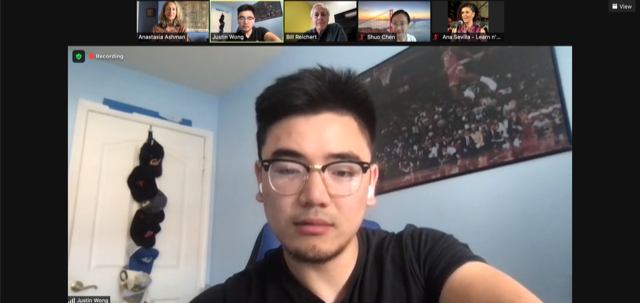
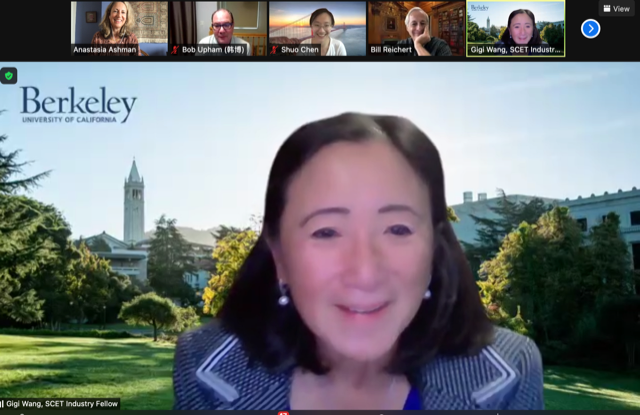
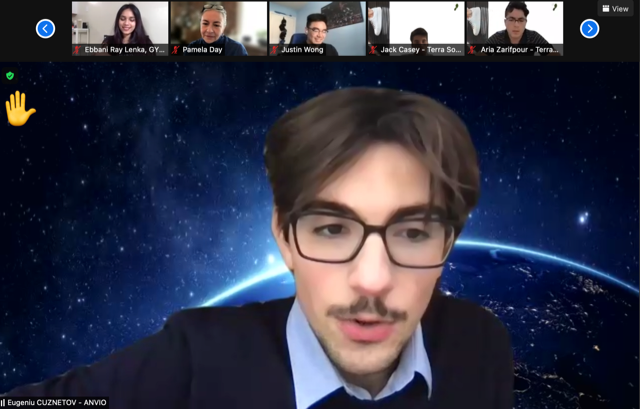


I’ve been mentoring and judging Bootcamps at Sutardja Center for Entrepreneurship and Technology for about five years since I met Gigi at the European Innovation Academy in France. Every Bootcamp is different but they’re all a whirlwind of inspiration and learning, and a shot in the arm of what my fellow startup mentor Pamela Day calls “Vitamin S”, for Students.
This year in my track we heard four startup ideas developed during the week’s Bootcamp accelerated process. I was joined by two venture capitalists: Bill Reichert, Partner at Pegasus Tech Ventures; and Shuonan Chen, general partner at Innovation Overflow Venture Capital.
“We chose two pitches, it was a tie! ”



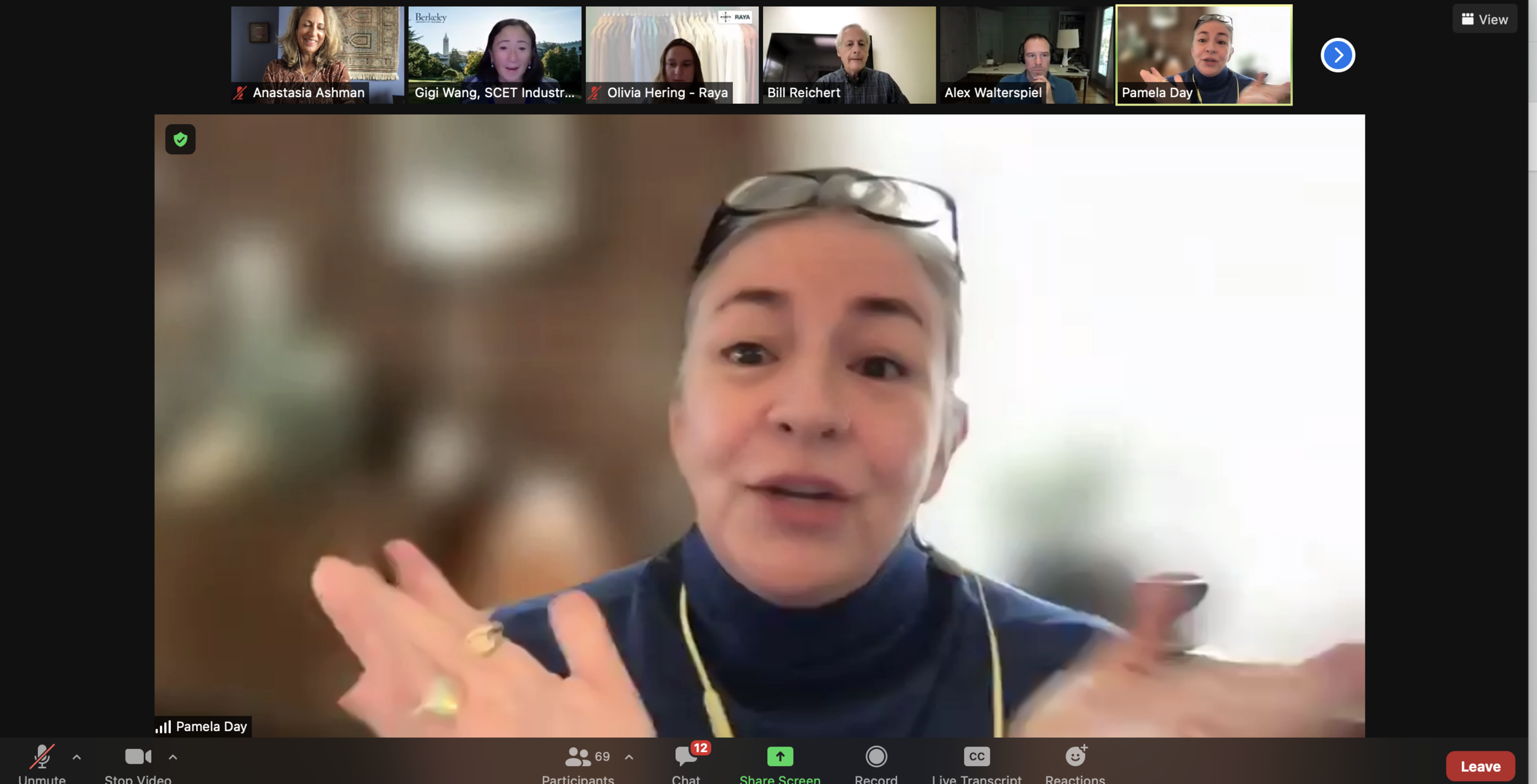
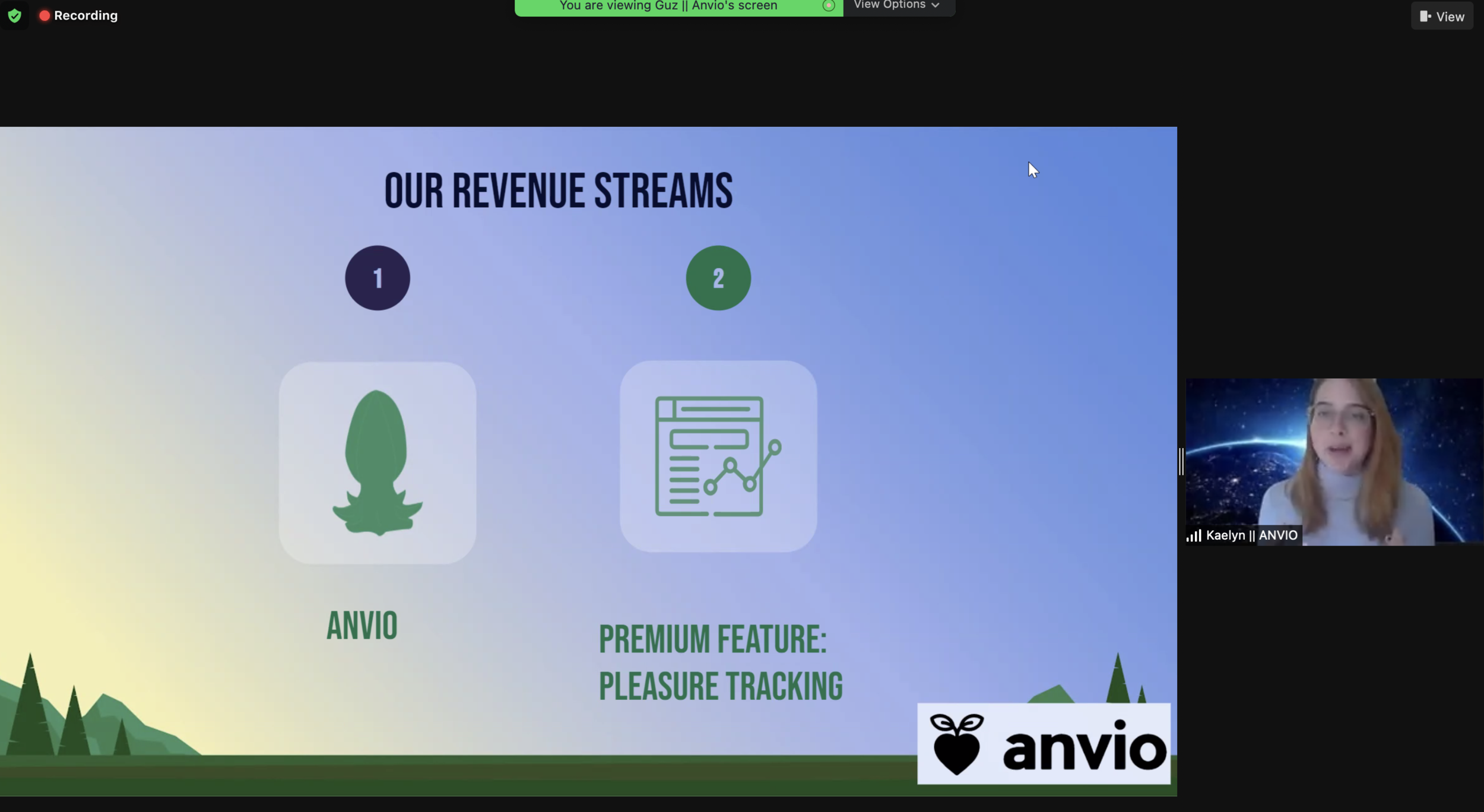
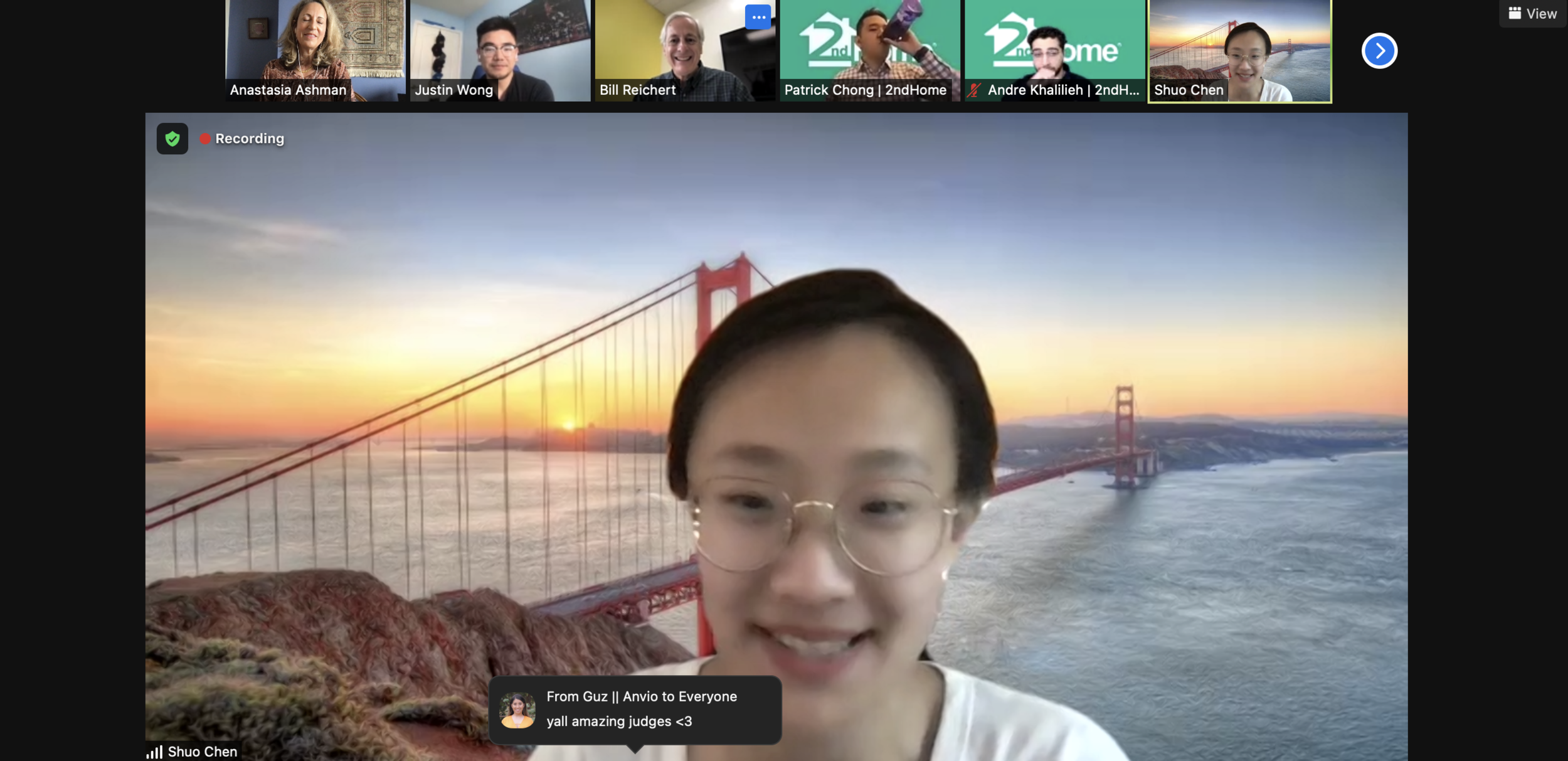
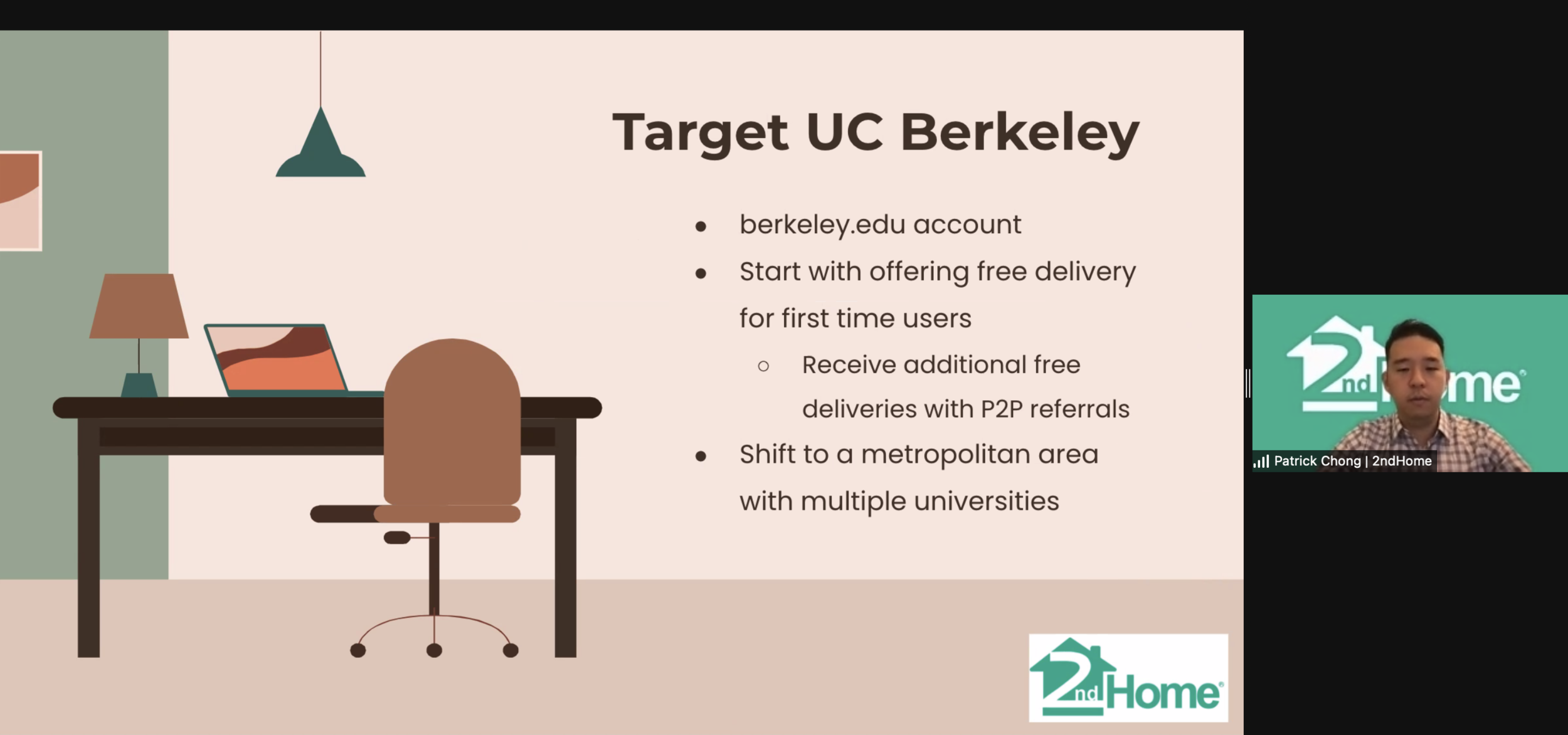
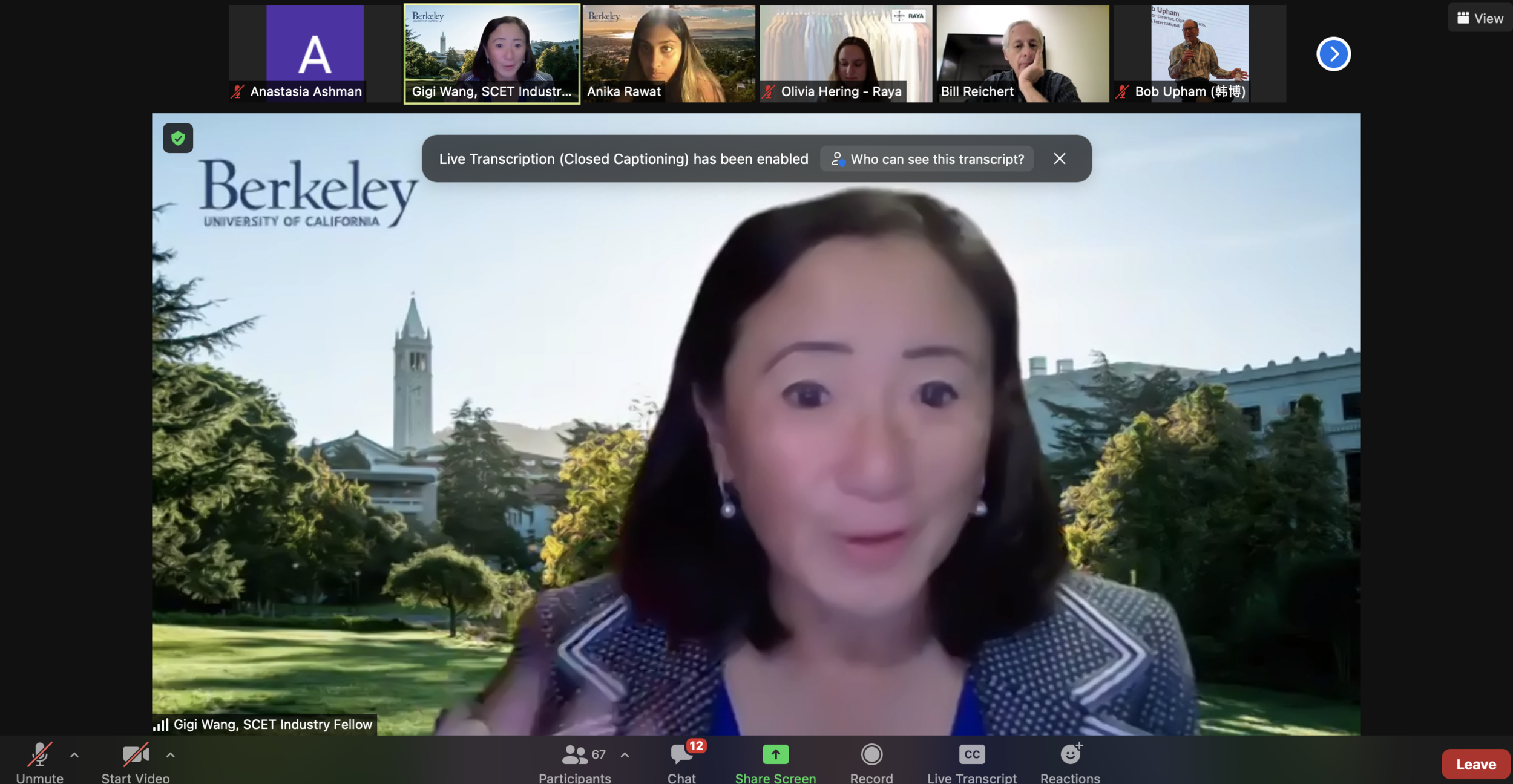
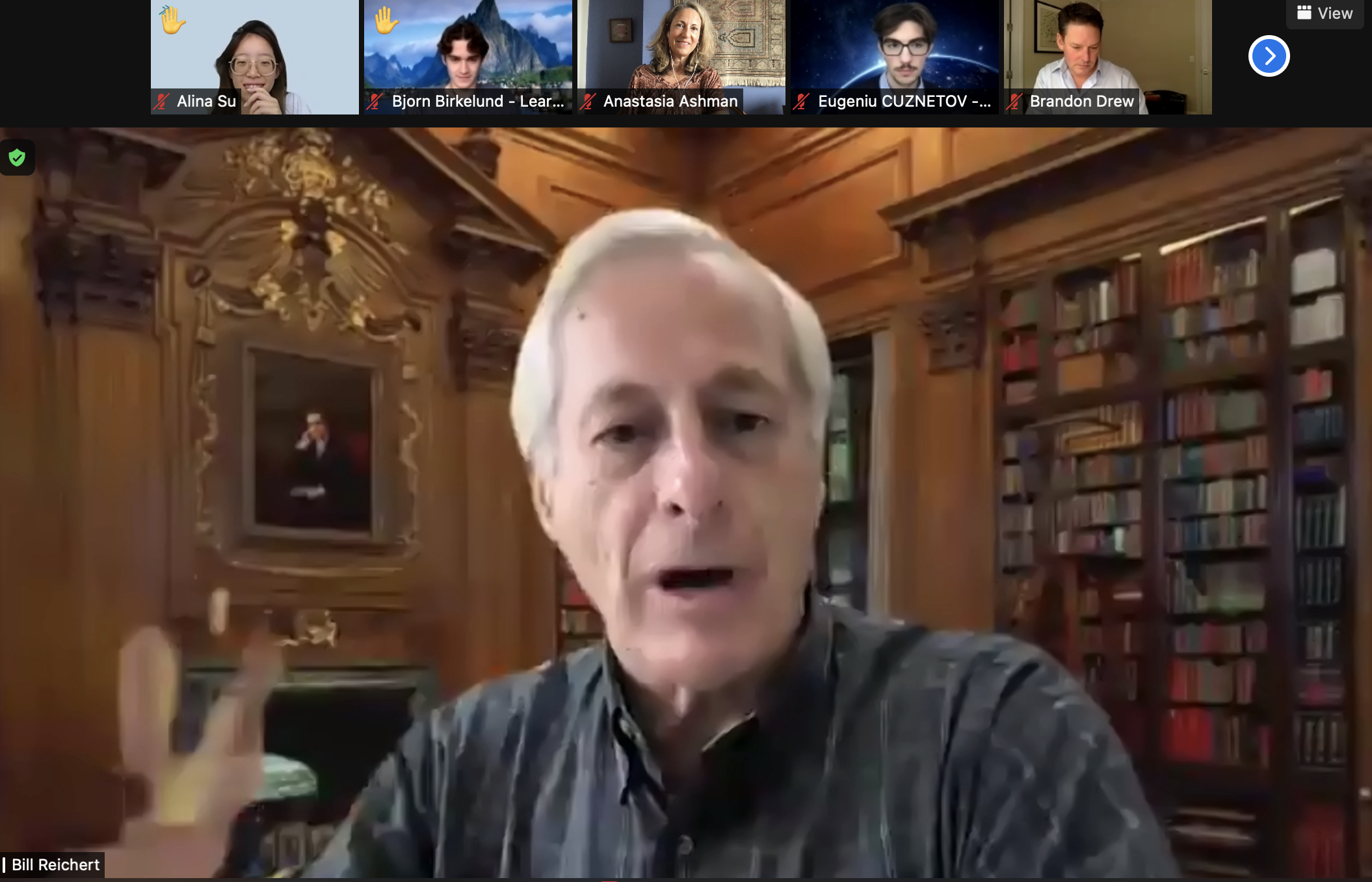

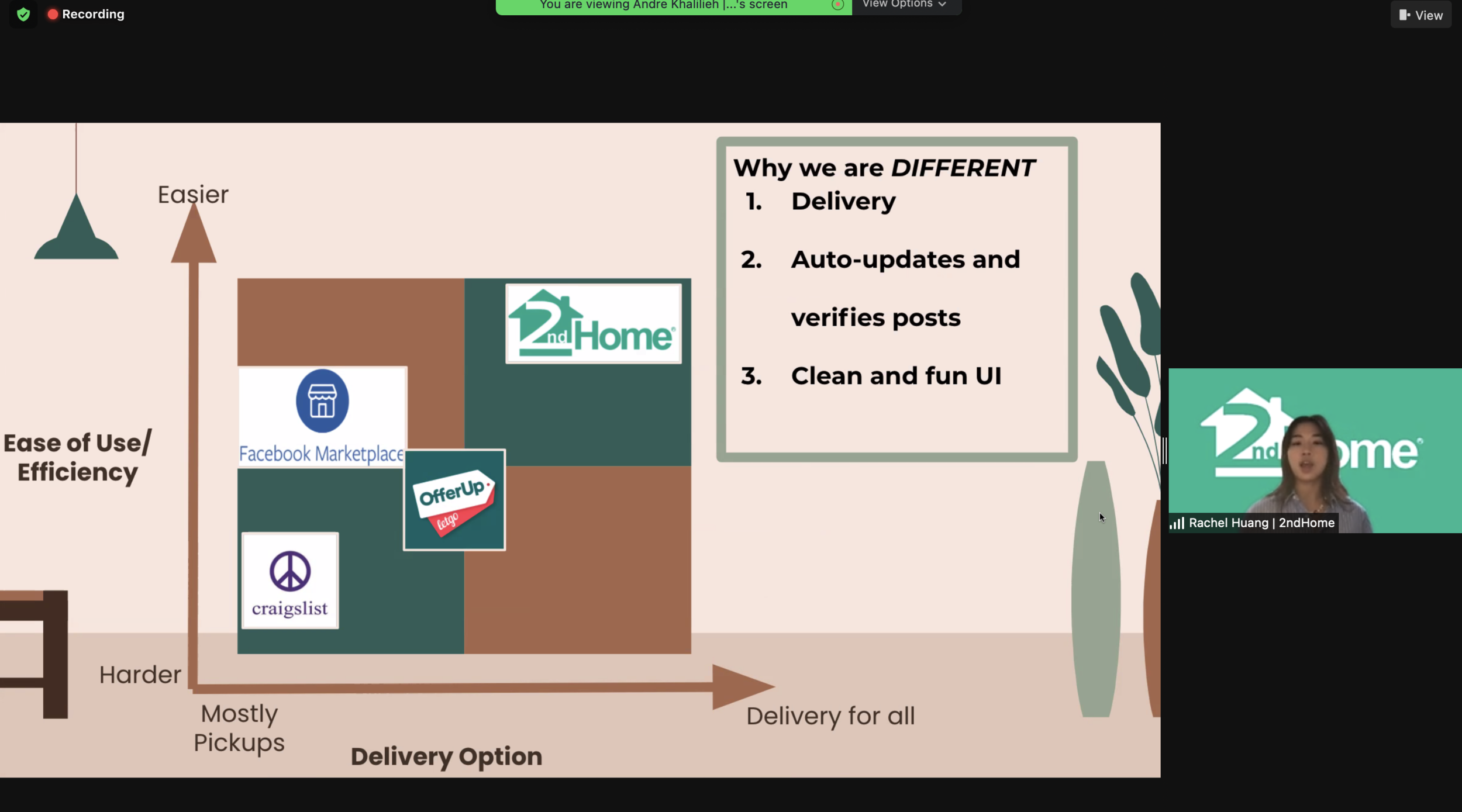
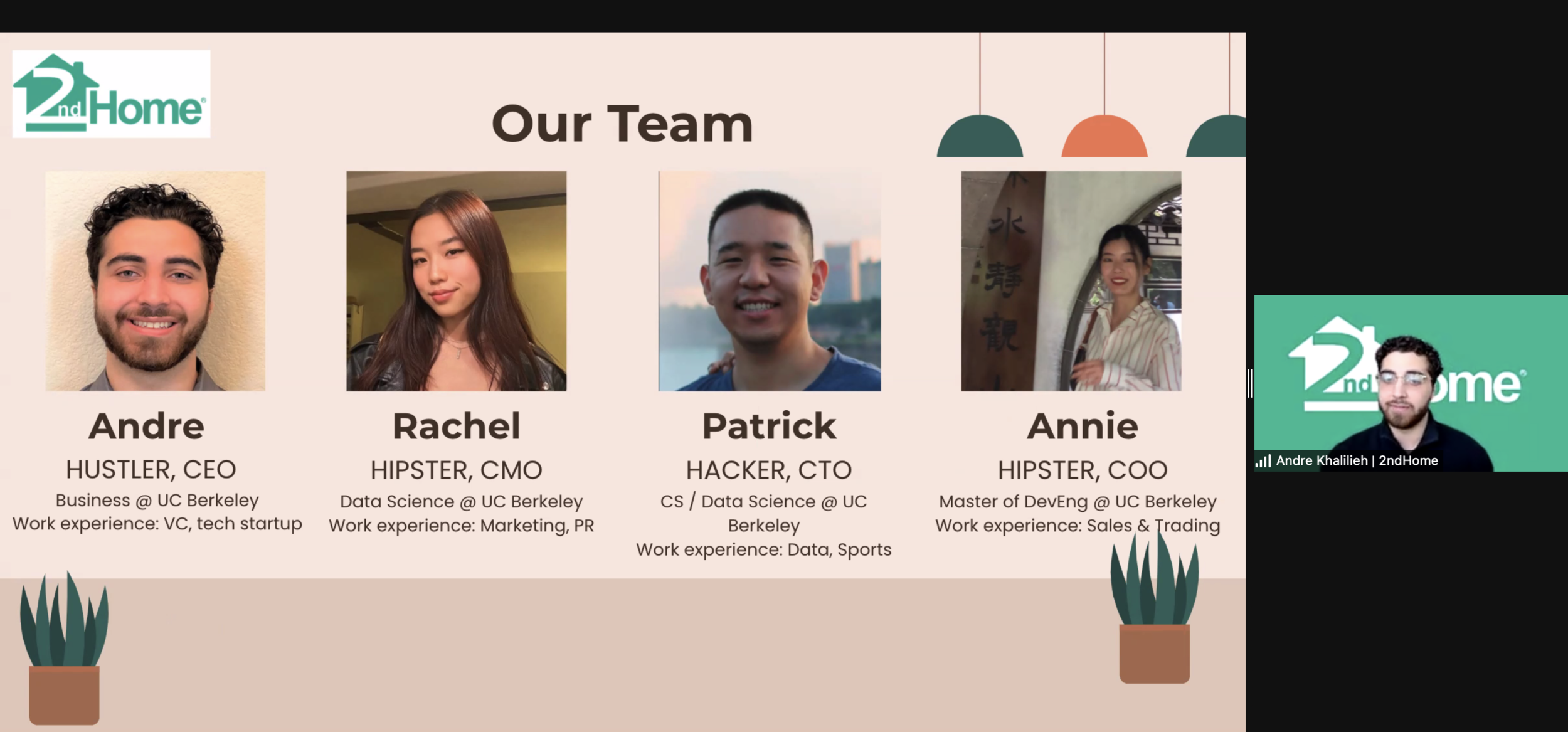
“One winning team, described as 50% ‘hipster’, proposed a second-hand furniture service for student communities.”
The tie was between a second-hand furniture service from a team that self-described as 50% hipster and delivered an all-bases covered pitch including customer validation and operating expenses on their financial projections; and a company that I found intriguing, but not easily mentionable during my one-day appearance at Bootcamp.
Most years when I can, I enjoy mentoring the teams during the week leading up to the final, giving me a chance to get to know the entrepreneurs and advise their team formation and development of their venture pitch.
I didn’t have that chance this year, otherwise I certainly would have had more time to construct how I might present Anvio as winners, live on the Zoom to all participants. Somehow I still did that within minutes of hearing of them (waiting for the video of the event to recall exactly what I said without using the term the team suggested: “sex toy”, this is FAR MORE than a toy). And now I’m struggling to describe it here, on the Internet where nothing ever dies.
I’m not sure I want to rank for these terms in perpetuity….
“I don’t want to rank for these terms yet I see the need for this intimate smart device and subscription service …there’s definitely something there with this sexual wellness training tool. ”
…there’s definitely something there with this sexual wellness training tool.
There’s something there in its not-often-enough-spoken-of problem, its ‘non-gendered’ solution, a knowledge and support community, a data-driven wellness option, an intriguing new smart device, a relationship aid, a subscription service for a monthly box of related products, and still there is so much left unsaid.
You’ll have to look for it in the slides above!
As Shuo Chen suggested during the judging, the Anvio team can always start with a MVP (minimum viable product) of a box subscription and discussion community as they continue to research and develop the intimate electronic device itself, and design and build the mobile app that supports it.
This particular problem space may be hard-to-talk-about (sort of, Teen Vogue famously covered it in 2017, and incited a backlash for erasing women — calling them “non-prostate owners”) yet the problem is a known source of trauma for millions of newcomer practitioners.
“Ok, ok. Enough prevarication.
You might call the Berkeley Bootcamp winner I championed...
’A SMART BUTT PLUG’.
Yep, went there! 😱”
Phew, I said it and I’m still alive. (Now to watch my website ranking skew over time…)
Let’s put it this way. This winning formula is…
Anvio = a not-often-spoken-about problem + a non-gendered solution + a knowledge/support community + a data-driven wellness option + an intriguing new smart device + a relationship aid + a mobile app supporting a subscription service for data + a box subscription service for related products.
Congrats again to all the hard-working BMOE teams for a great Final Presentations Day. I look forward to what you do next!
Ringing the bell at the New York Stock Exchange with a unicorn company!
I was walking down Wall Street last week. It was 90 degrees and muggy, a moment of after-lunch calm. As I passed the historic, columned stock exchange I over heard a New York Tour Guide talking to a group of tourists.
Pointing to the facade announcing Owlet Baby Care’s IPO, she said: A baby went public today.
“A baby went public today.”
Not quite, but funny!! The connected nursery startup Owlet is 7 years old and now it’s a publicly listed newcomer on ‘the granddaddy of stock markets’.
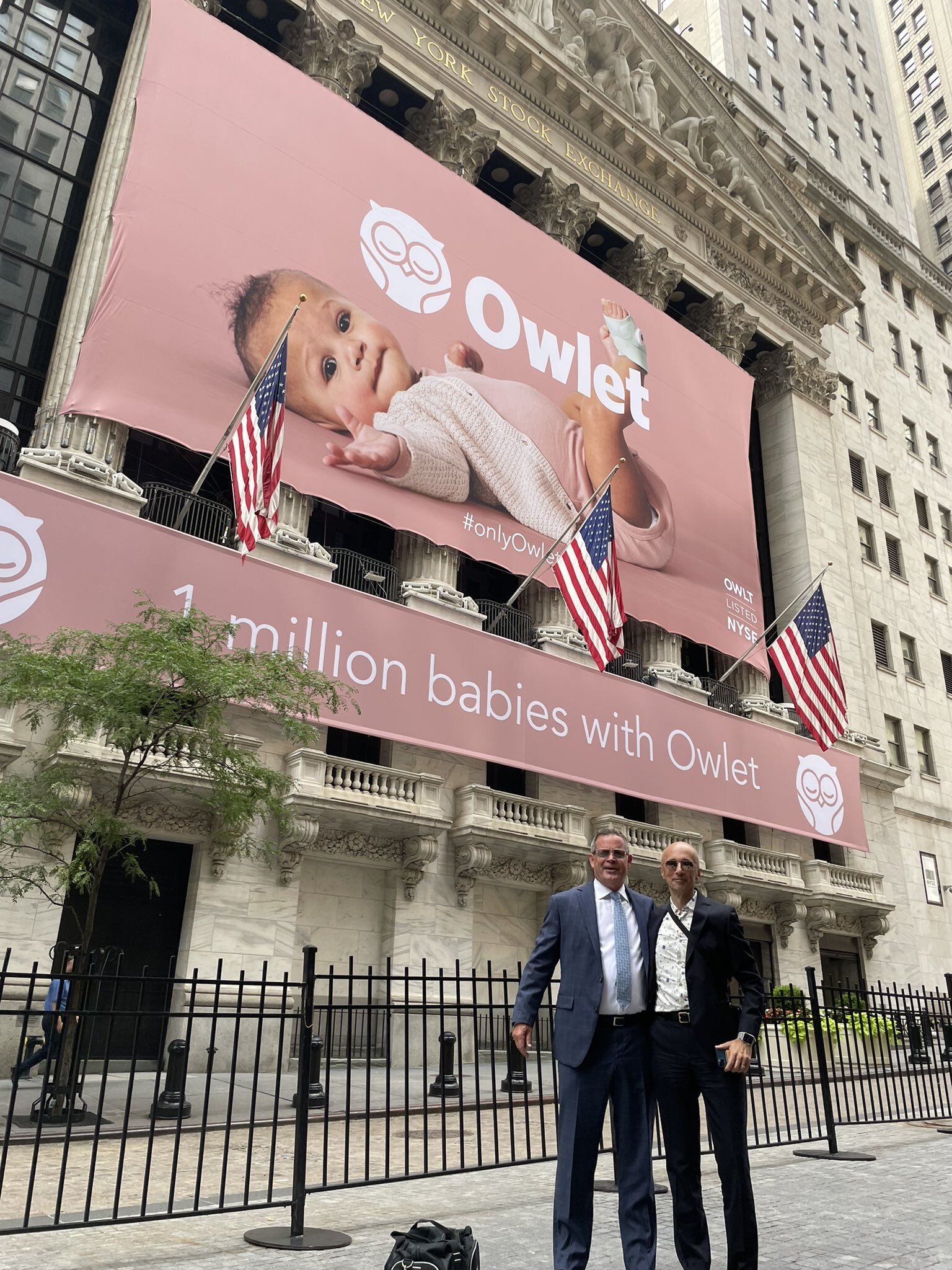
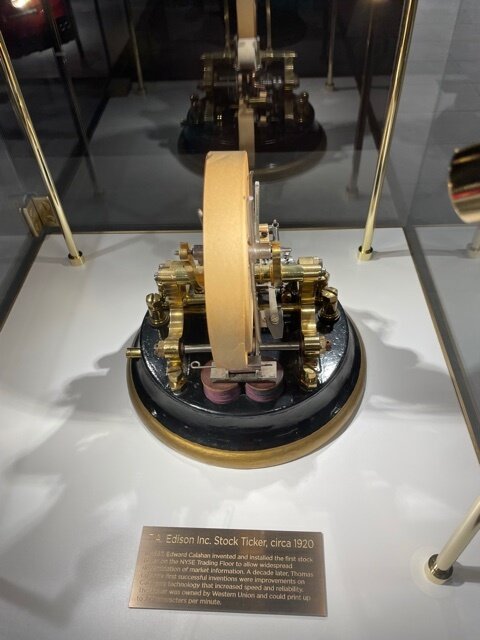
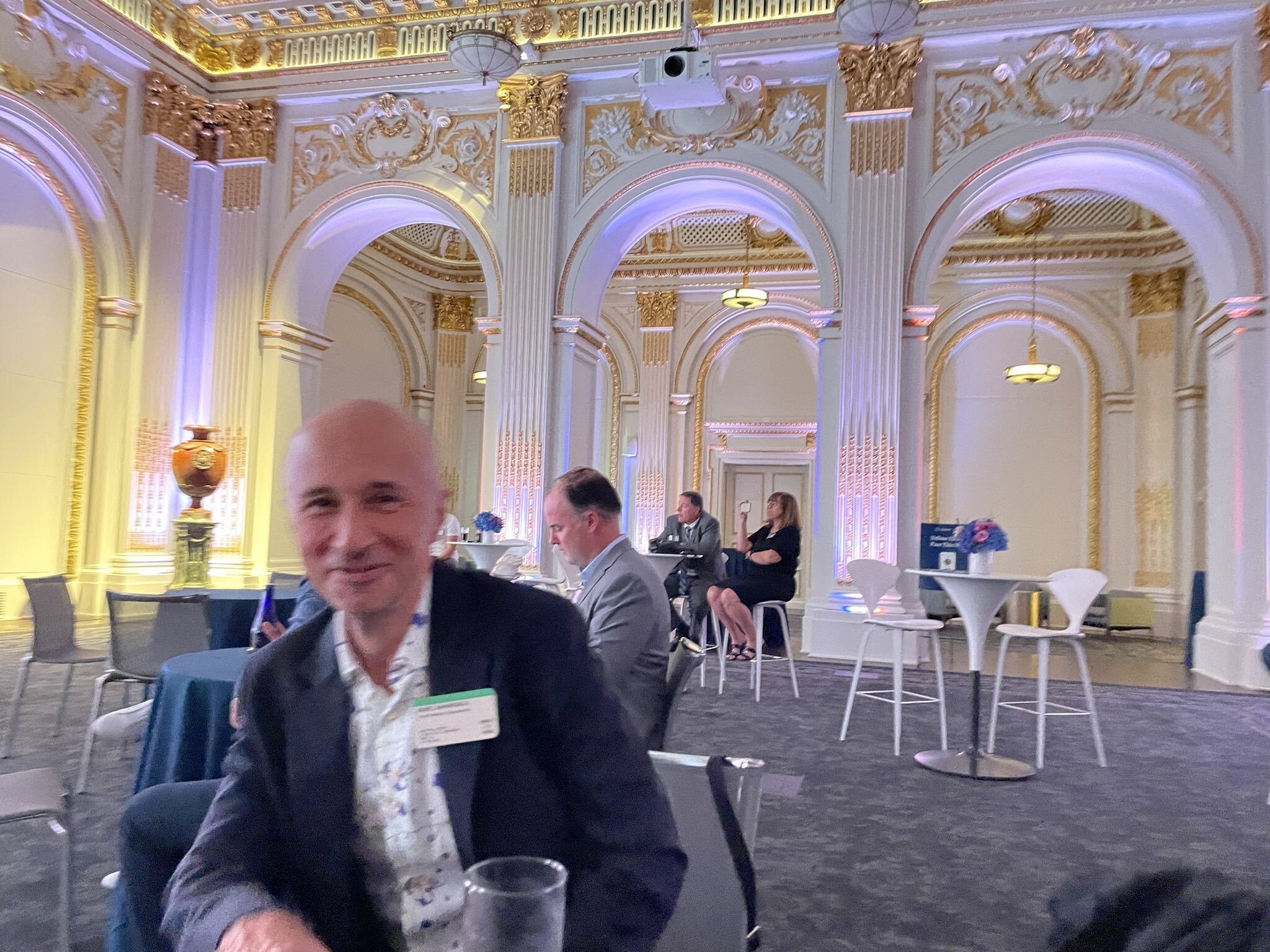
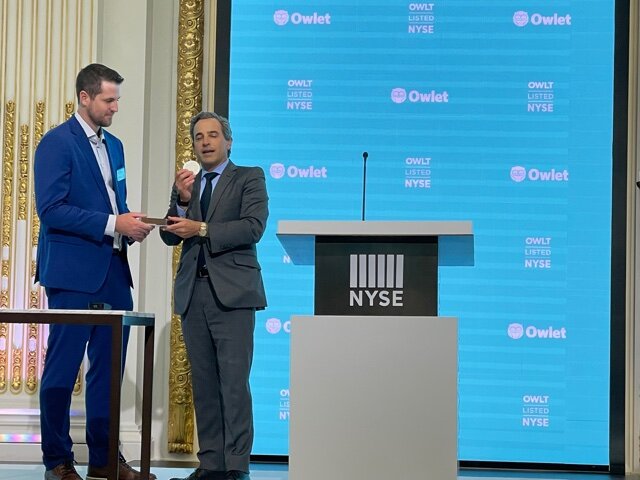
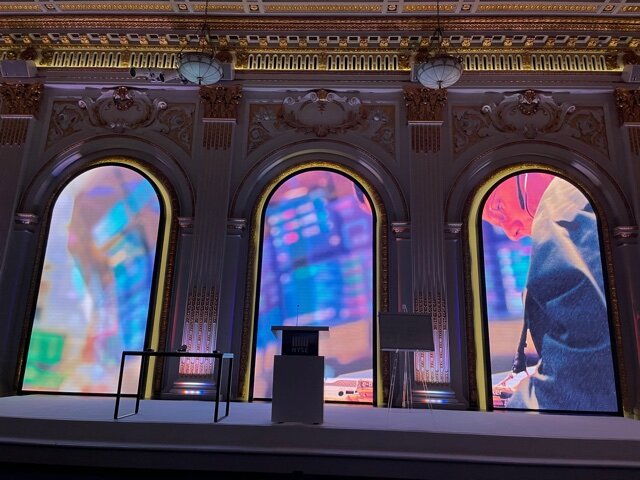
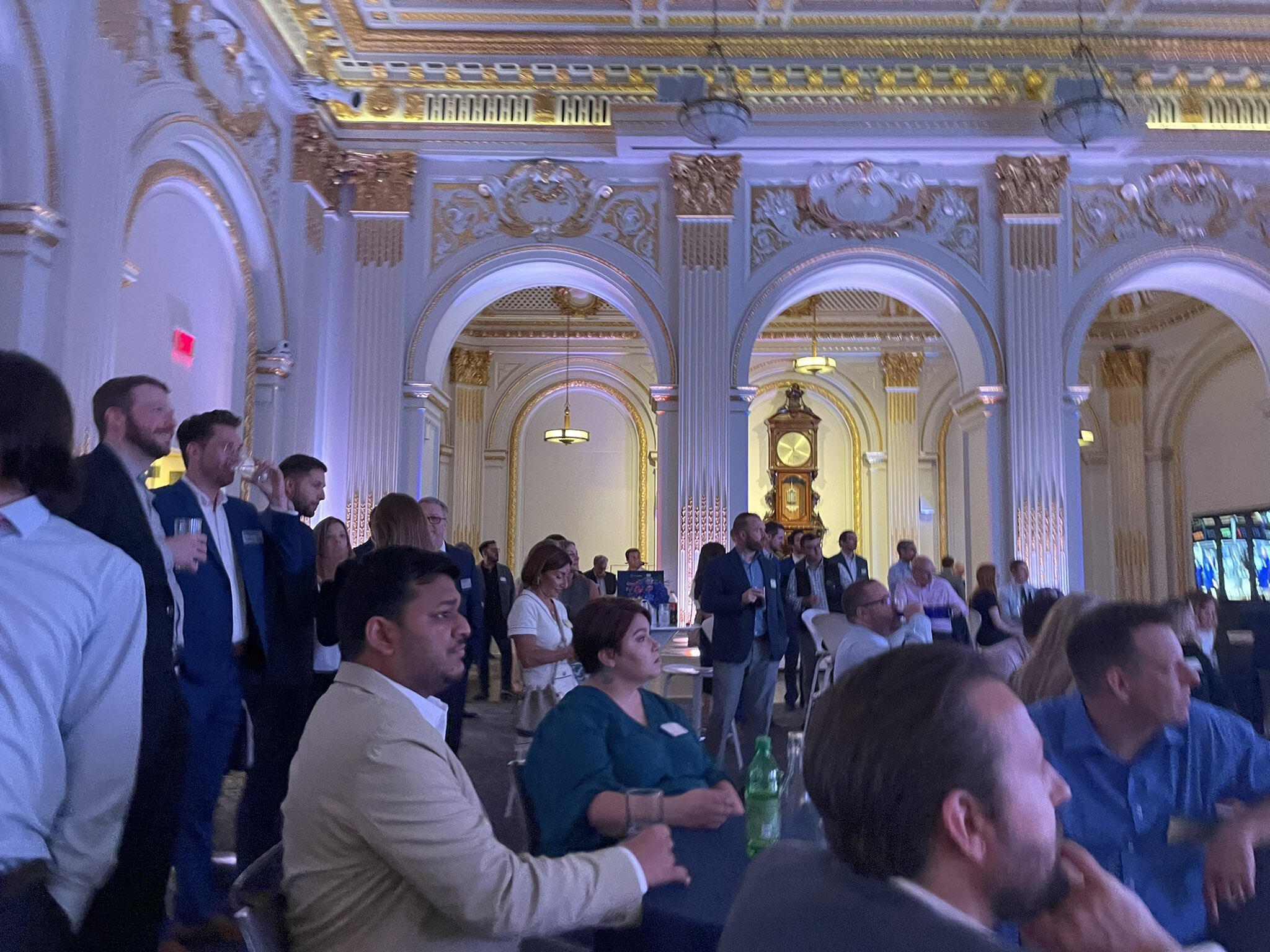
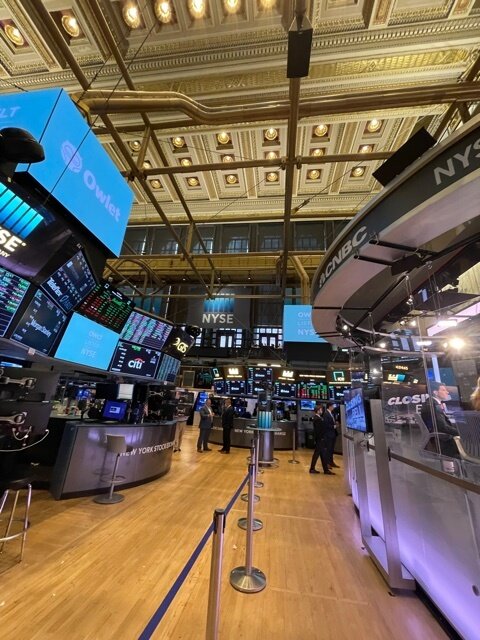
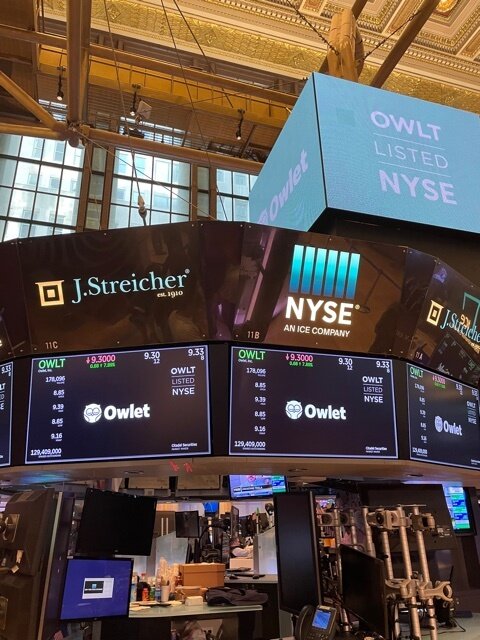
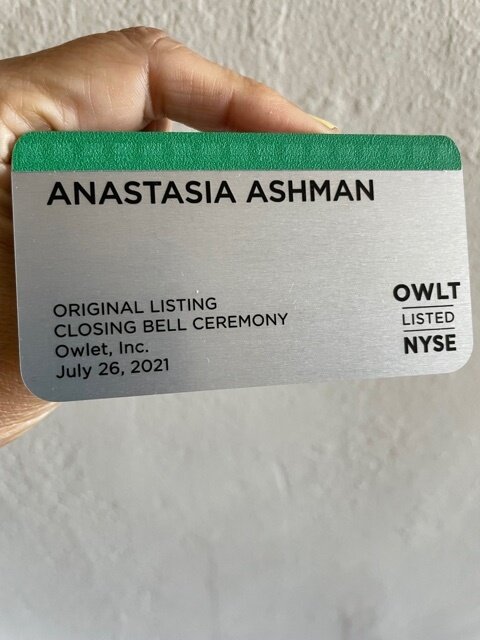
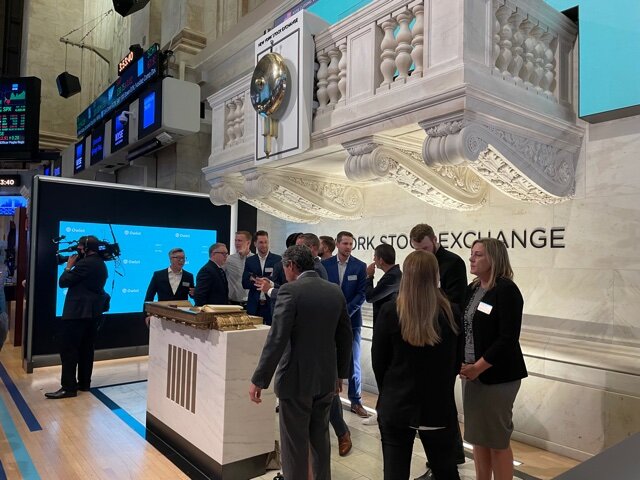
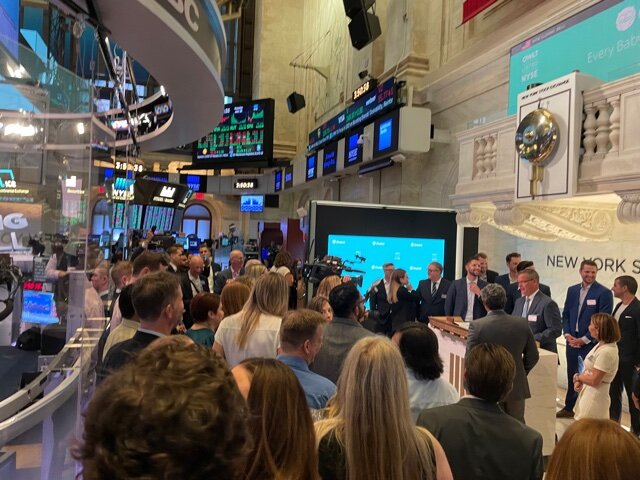
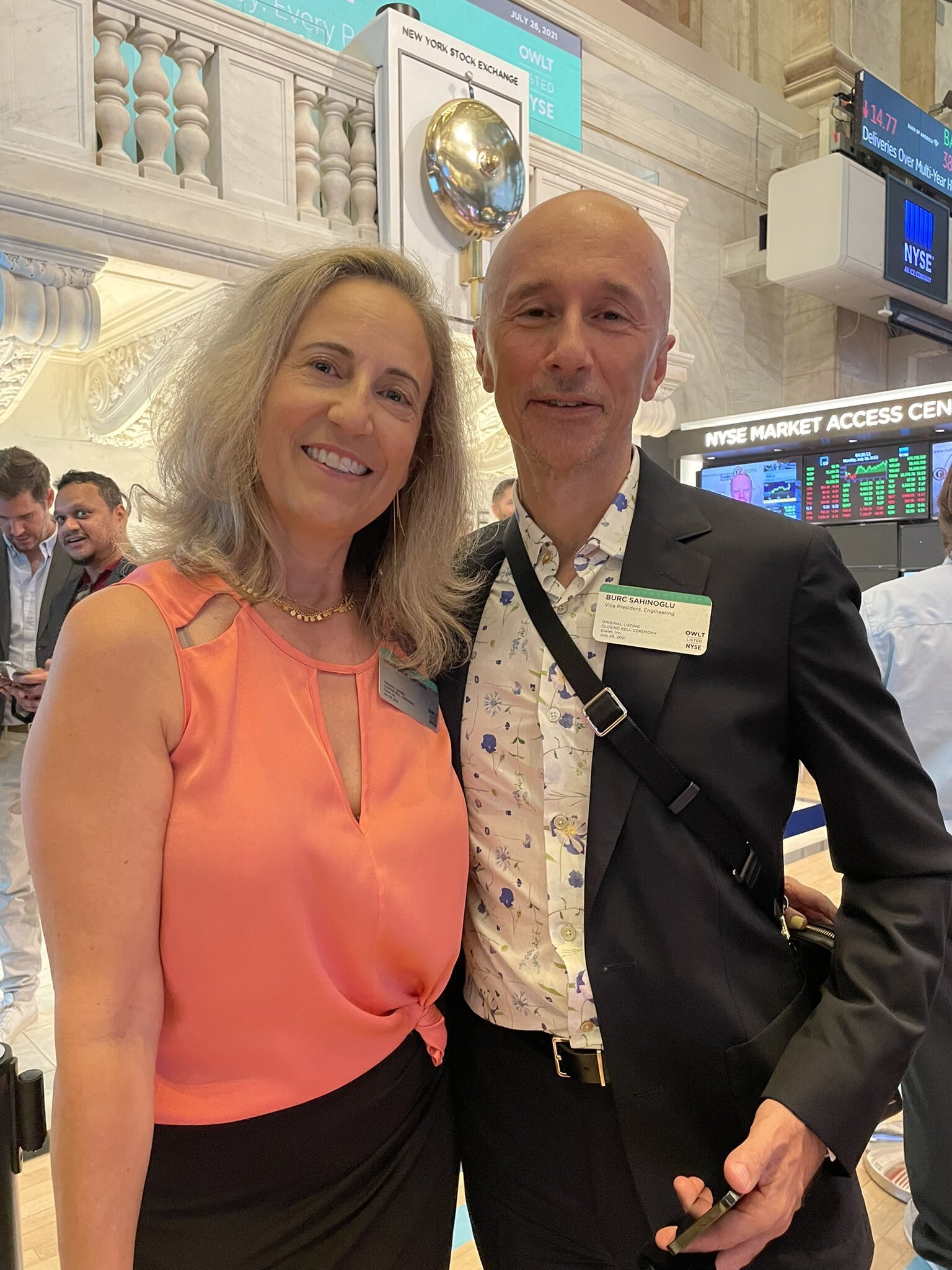
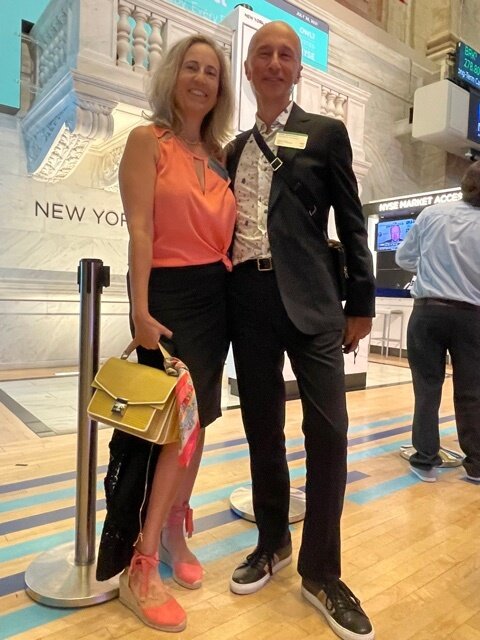
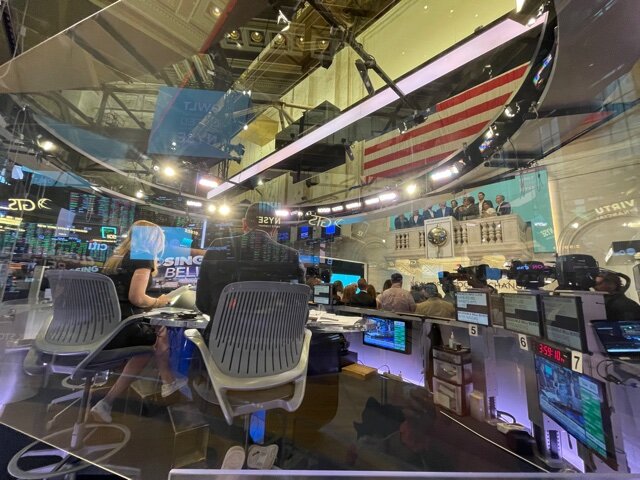
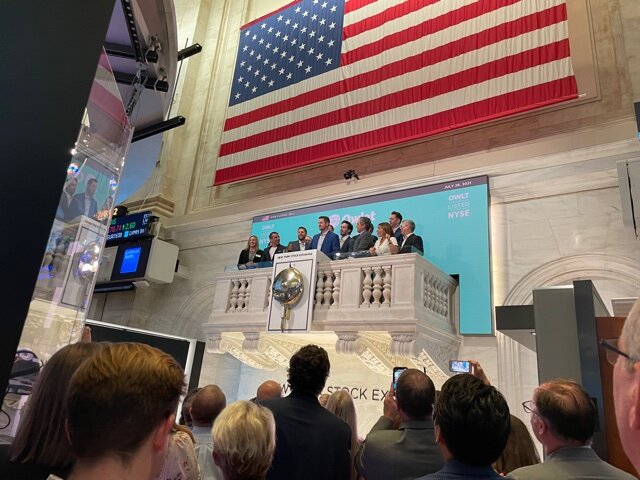
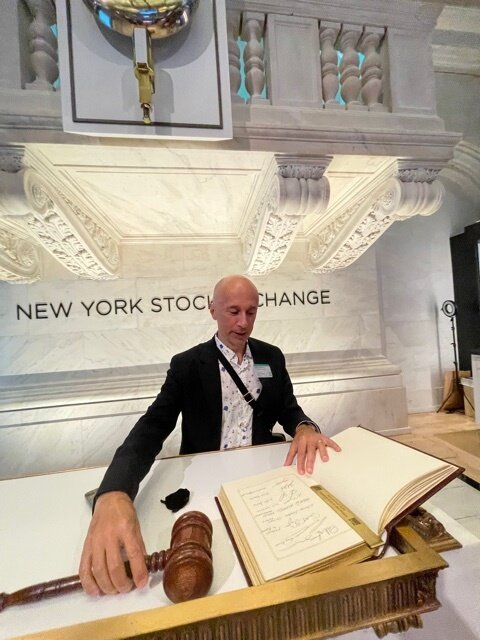
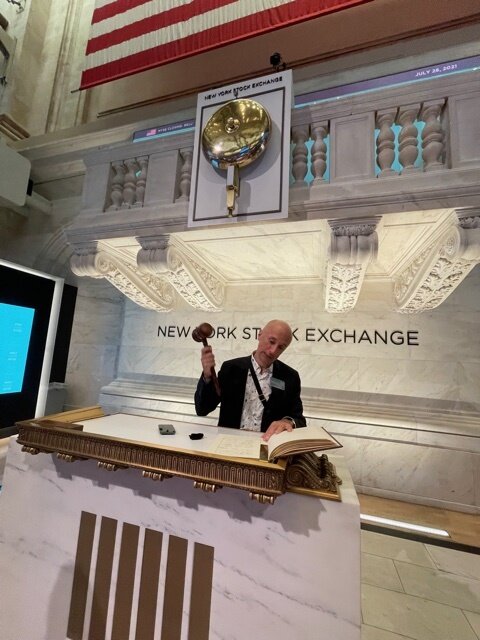
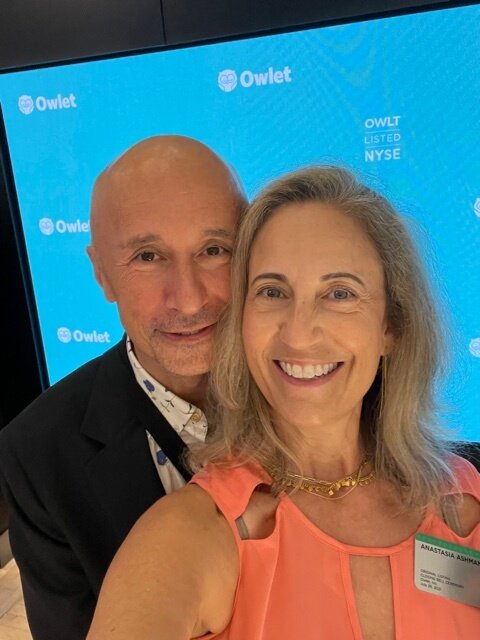
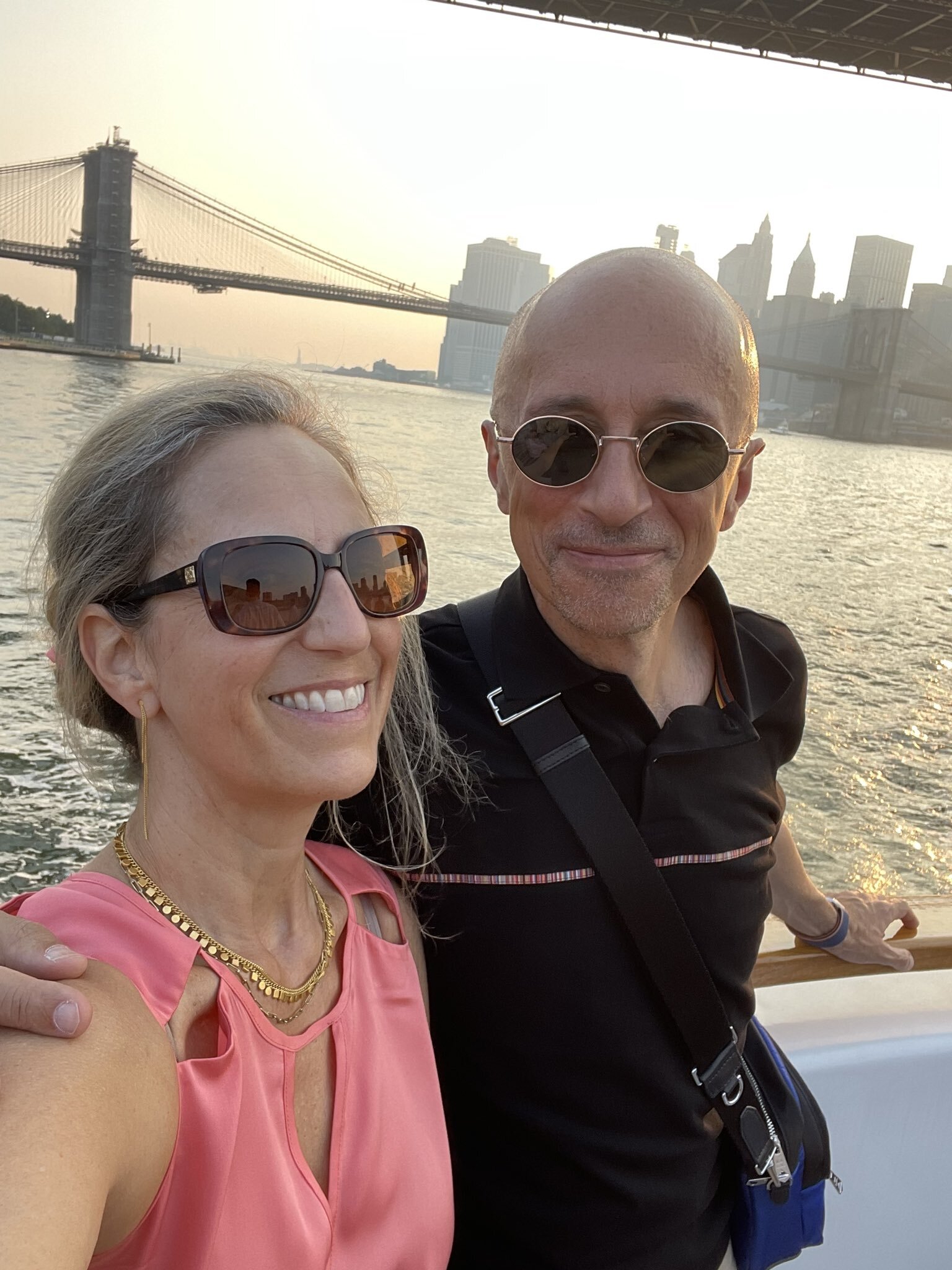
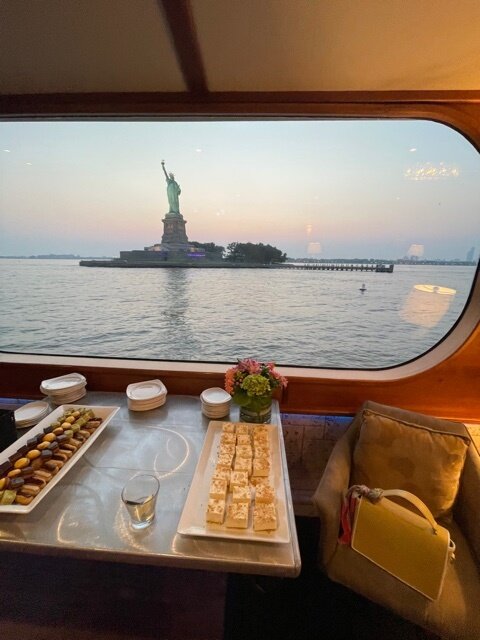
I called out into the quiet street, ‘‘They make smart socks that measure blood oxygen and other vitals to alert you if your baby is in trouble.”
“Good to know,” a man in the tour group called back.
Seriously, this happened.
A spunky JLo could play me in the romantic comedy where a scene like this would be more likely to take place.
It is good to know.
Owlet says they’ve monitored the health of 1 million babies.
When Burc joined them in 2020, we discovered that unlike other startups both of us had worked with in San Francisco, Los Angeles, New York, and Istanbul, almost everyone we mentioned it to knew this Silicon Slopes Internet-of-Things (IOT) product. They had either used it with their own infants — some were on their third device — or had just gotten one for a coming birth, or had given one to a friend with a budding new family.
I waved and kept on walking. I was going to meet my husband and the president of Owlet around the corner before we were due to gather inside ‘the center of global financial markets’, the NYSE, for the closing bell ceremonies that mark the end of the day’s trading.
Photobombed by a Faberge urn
That urn over Burc’s shoulder — it was always in focus, he was blurry — was “produced by House of Faberge, gifted to the exchange by Czar Nicholas II of Russia in 1904 for listing a $1 billion bond issue”.
After passing stock exchange museum pieces at the entrance but not getting to look at them, like the original Thomas Edison stock ticker machines I noticed just at the elevator, we assembled in the classical revival Board Room that hosts world leaders, celebrities and business icons before heading down to the trading floor. There were cookies.
There was a short program about becoming listed on the exchange, a ceremony with a commemorative coin presentation by a stock exchange executive who joined the team on the balcony downstairs, and a speech by the CEO Kurt.
Congrats to my husband Burc Sahinoglu & everyone at Owlet Baby Care for going public as a unicorn (translation: that’s “a company with a $1+ billion valuation”) and for ringing the closing bell at NYSE last week!
It was a stellar New York summer day, finished by a cruise around the island getting to know Owlet founders, executives, family, board members, and investors, enjoying the sunset breezes over enduring landmarks and stunning new developments.
I’ve said it before and I’ll say it again, I love New York!
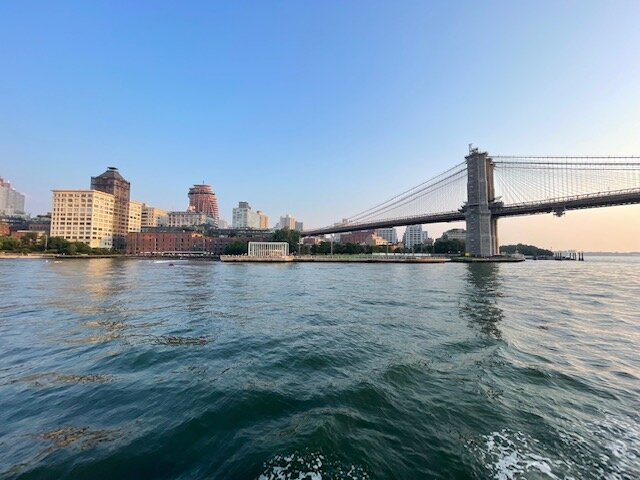
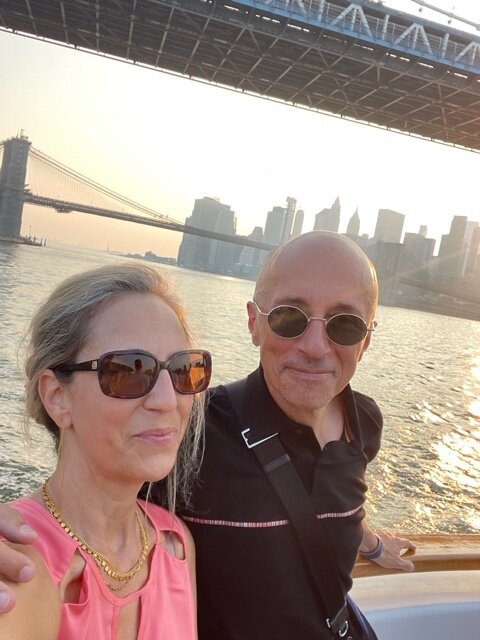
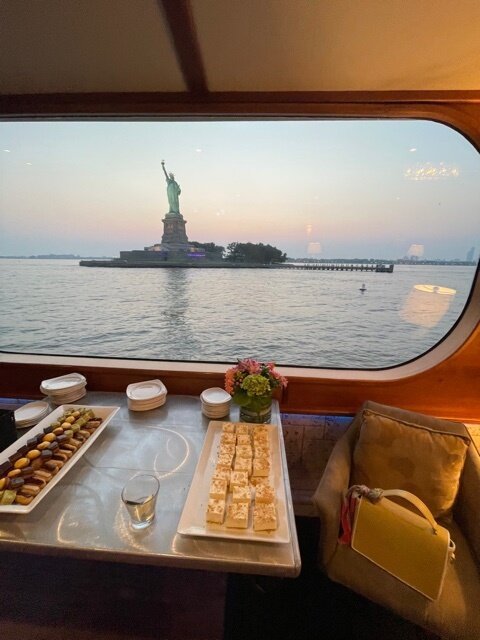
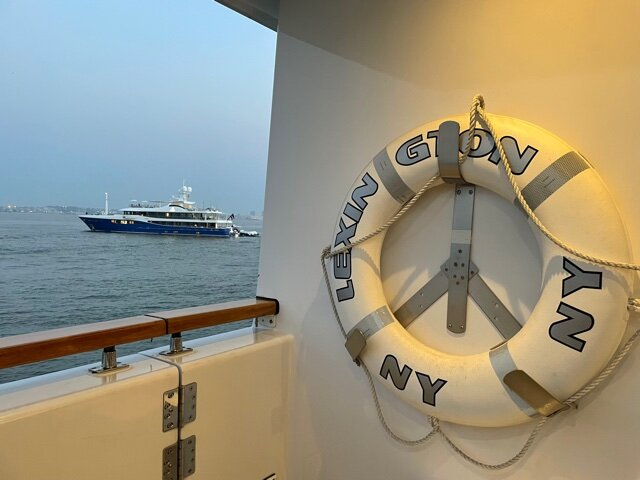
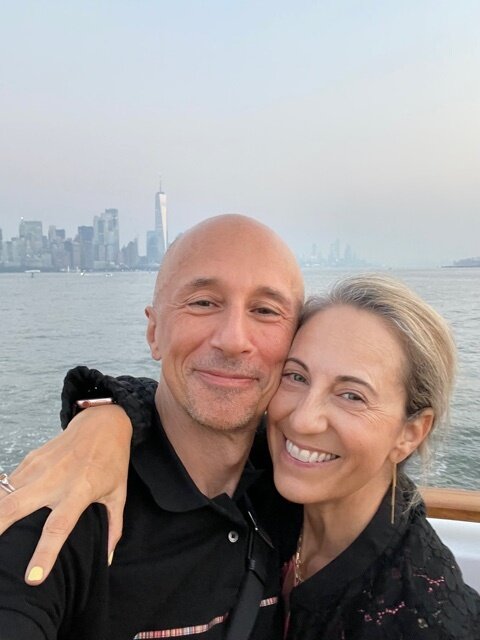
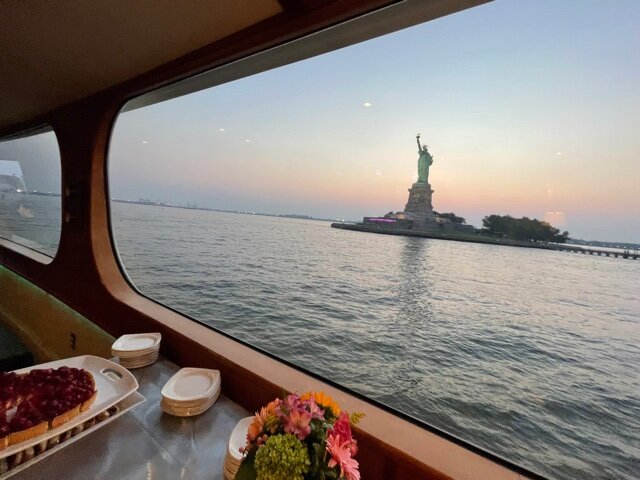

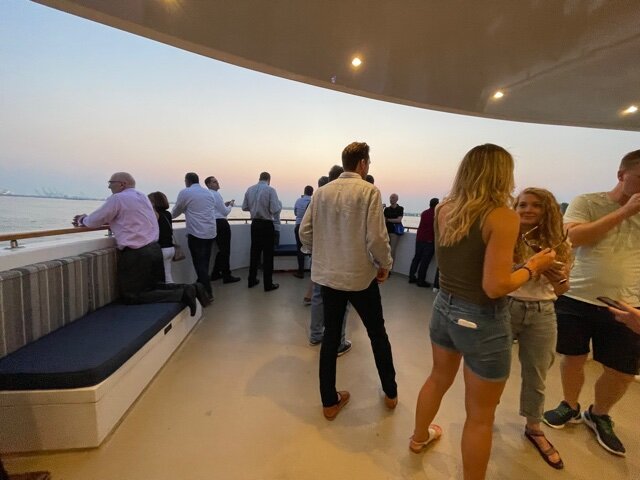
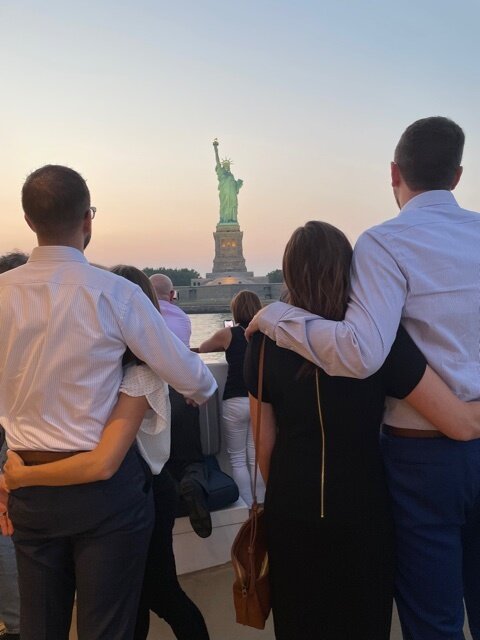
We know you're talking down to us and it depresses us
Women know we're being talked down to. We know we're being denied opportunities. We know we're being terrorized for the reason that someone else is sexist.
That’s what I told a podcaster last summer in an interview about misogyny and sexism. I believe misogyny leads to a low grade depression that all women experience.
Men need to engage and participate in the stamping out of misogyny. However, far too many are studiously avoidant. They’re not on the hashtags, they’re not in the conversations, they’re not sharing the revelations with their fellow men. This is not a topic they find interesting.
Newsflash: Women don’t find it ‘interesting’ either. It’s simply our reality.
Your performativity robs us all
Paying lip service is easy, that’s why people do it — to check a box that other people think is important, in the most efficient and expeditious way possible.
But lip service is also a waste of your resources, literally. You’ve wasted the opportunity to do something worthwhile for other people. Especially if you have a platform you can lend.
Washington Post has my opinion 8 months later
Washington Post says America needs civics and history to save democracy.
This is how the Post’s Editorial Board puts it today. “While the country spends about $50 federal dollars per student per year on science and math education, only five cents per year per student is allocated for civic education,” notes Lawrence Tribe whose tweet I first saw. “Democracy demands a population better educated in history and civics,” says the professor emeritus at Harvard Law School.
I said as much 8 months ago when announcing my pro-democracy knowledge project: America needs a re-education.
Helping people requires what one of my readers called “a new civil service journalism to inform citizens at a time when the Fourth Estate is dying and under attack, and news media has devolved into propaganda machines.”
My mission is to help with what comes next: when we dig out from the damage, there will be a massive need to educate people about what just happened.
Last June I wrote about my work on a curated knowledge & awareness project for concerned citizens.
A year into the pandemic, what was #TheMoment when you knew?
NPR and NPR Weekend asked us on Twitter what was the moment we knew things were going to be ‘different’ due to the pandemic.
They ask us now, “one year into the pandemic”, expecting the answer to be “a year ago today, end of February I knew things were going to be different.”
But a year ago today I already knew. I was early to recognize the pandemic.
Welcoming a babytech unicorn to the family
Mine is a household of entrepreneurs. My husband Burc and I have both been working in the tech venture and startup world for decades. We’ve done startups together too!
Today the Silicon Slopes Series-B IOT company he joined last year — Owlet Baby Care, which makes a smart sock to measure blood oxygen levels in infants, among other connected nursery products — announced their merger with a special acquisition corporation at a Wall Street valuation of more than $1 billion. That’s a unicorn in Silicon Valley parlance.
Among the new partners Owlet is gaining are some fashion world luminaries like Tommy Hilfiger and the chairman of Tom Ford, Domenico De Sole, who are sure to take Owlet from Utah to the world.
Congrats to everyone who made Owlet a success!
"I wish no one was allergic to dogs" and other 2021 best wishes
✨Happy New Year, everyone! May your wishes for 2021 come true.✨
A good moment for the right vanity press/publishing service
Publishing friends, authors, business women, entrepreneurs: what do you think of this new initiative from Worth Media?
A new pipeline to publishing for their subject-matter expert members to help build and further their careers,
an opportunity for people who traditionally have a harder time getting published or recognized,
to be released through an imprint/house for an established publisher (Simon & Schuster),
and author retains the rights.
My first thought? Vanity press. In a downmarket for publishing.
And then, well, okay. It's a good business opportunity to provide publishing services direct to an underserved information-rich community. And, then, hey maybe better than OK. For everyone involved, including the readers of these books. Read about it here.
I told you education of the citizenry is our next chapter
Radical, systemic change in the tech industry starts with us
You may have guessed that women in tech & digital are under represented across management/teams.
I live tweeted an antiracism panel attended by 300 people from around the global and produced by Ada's List, an intersectional group committed to changing the tech industry at scale — from culture of a company, an overt policy, to processes that sideline women.
Radical, systemic change starts with us, says Ada’s List founder Merici Vinton.
Ada’s List is the place for professional women who work in and around the internet to connect, conspire, and take a stand. The group of 700
promote, support, hire & interview women
recommend 1 qualified woman or POC to interview for each open position
make our environment positive
help juniors progress in their careers
Sound familiar? It’s their take on the Shine Theory of Aminatou Sow and Ann Friedman, says Vinton.
On White Privilege: Getting uncomfortable with our privilege, bias, and 3 actions to take is an event to keep focused on dismantling racist structures, raises funds for three Black-led organizations (@TheSisterSystem @ThisIsYSYS @azmaguk), and is part of the Ada’s List ReStructure Series. The rolling series of talks discuss and proactively work through some of the biggest issues coming out of the events happening right now.
"How are you doing?", Vinton as moderator of the panel asks the women of color, re Black Lives Matter protests.
"I spent the last 3 mos having these conversations. The process of exploring, meeting people where they are is quite healing," says one woman.
"Pissed it's taken so long for people to recognize this is a problem," answers another.
In company replies to BLM, "The voice of perpetrators & observers was amplified, centering their response rather than centering the pain,” points out Shefaly Yogendra. She digs into this in her blog "BLM in the Boardroom". "Where are your metrics?" she asks these companies that are virtue signalling. (Read Shefaly’s Twitter thread about the panel.)
Virtue signalling. Have you heard of it? Another example of virtue signaling is the number of “BlackoutTuesday” profiles vs. the number of people signing petition to see justice done in the case of Breonna Taylor, one panelist pointed out.
"This is 400 years of oppression, it's not going to be solved in a webinar," says a panelist.
Also, "Resistance is normal", it's not a sign you shouldn't continue to speak up as a white ally when appropriate....get used to that feeling.
Be aware where you can be most effective. Not all platforms are the right place, fighting trolls on Twitter may not be worth your while.
Some conversations will be more effective when done in private. But NOT saying something is no longer an option.
"Diversity and inclusion is like any other business performance metric, or at least it should be," says Ashanti Bentil-Dhue
"Don't ask POC to do your org's work for free" says Yogendra.
"Talking about race is a non-negotiable now," adds Bentil-Dhue, but some business leaders think it's optional.
"We have a problem in the corporate space that can't talk about unconscious bias, in gender & race," says Naomi Jane.
As a white person, you can decide where your money goes and a corporation's work in antiracism (or failure to address appropriately) can be a trigger to patronize a business or not.
"As a black woman it's frustrating to hear we need to go back to basics, that we need more research and surveys. The research is there!" says Bentil-Dhue.
That's something our white peers can do, direct people to the existing research.
This history of management is based in slavery & we have to address that to improve
The history of management is based in slavery, once you see it you can see what it's doing to the people you work with and what you can change to make people the best they can be, says Yogendra.
If you have the ability to 'tap out' from what's going on, acknowledge that you have privilege to do so.
What are you going to do about it, recharge and come back and do something impactful?
How does the recruitment process or governance structure of your organization perpetuate racism?
POC have to provide unpaid labor to teach white people not to be racist.
"When white people can't get your name right chances are everything you do will be reduced to a stereotype," says Shefaly Yogendra.
Getting someone's name wrong is a micro aggression. White people, make the effort to get a POC's name right (and no need to make a big deal about doing so, it's the same as your name, just a name).
What's a good way to address intersectional identities?
Find & amplify people who have those intersectionalities & pay them for their fundamentally important expertise. We have to pay them, says Naomi Jane.


